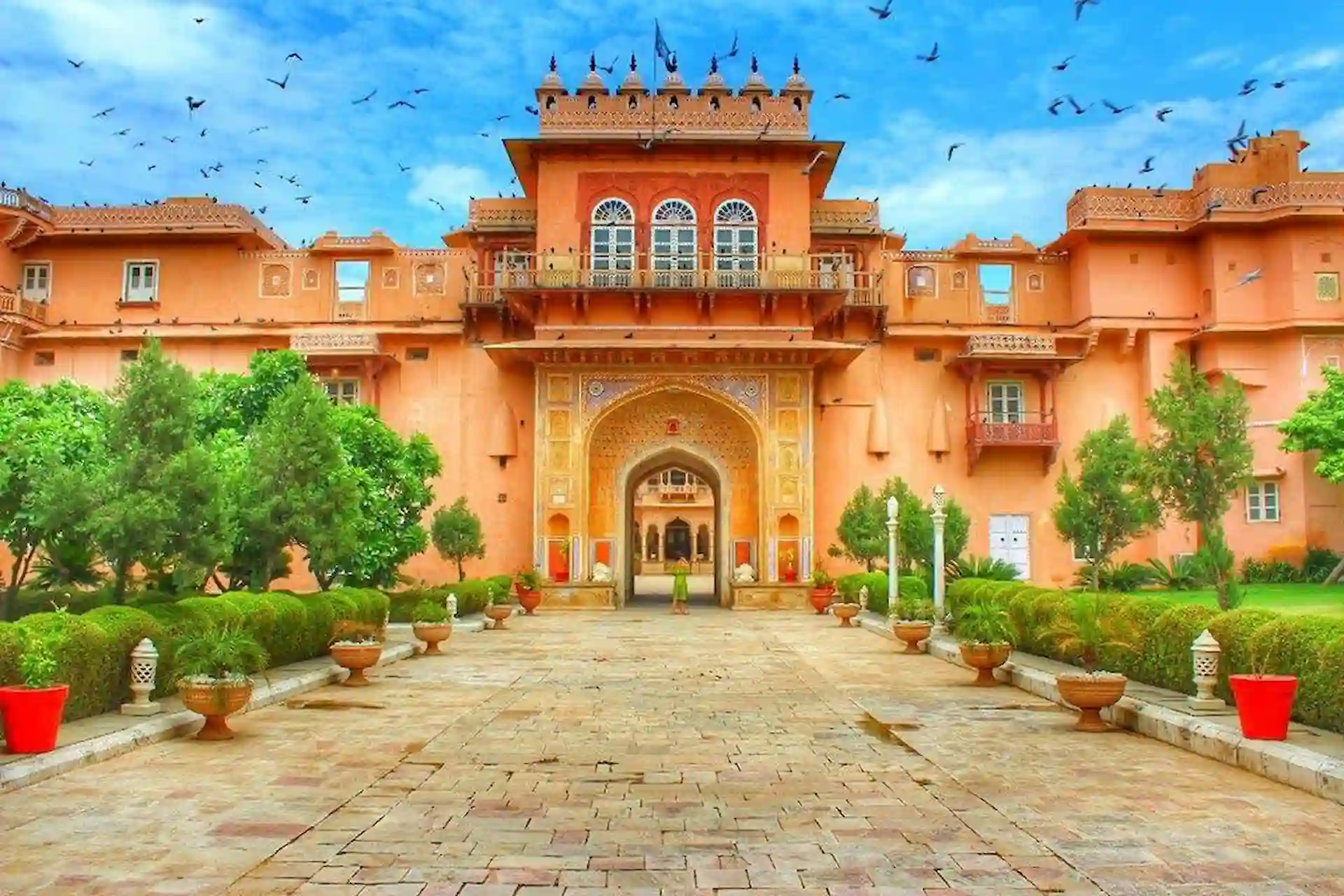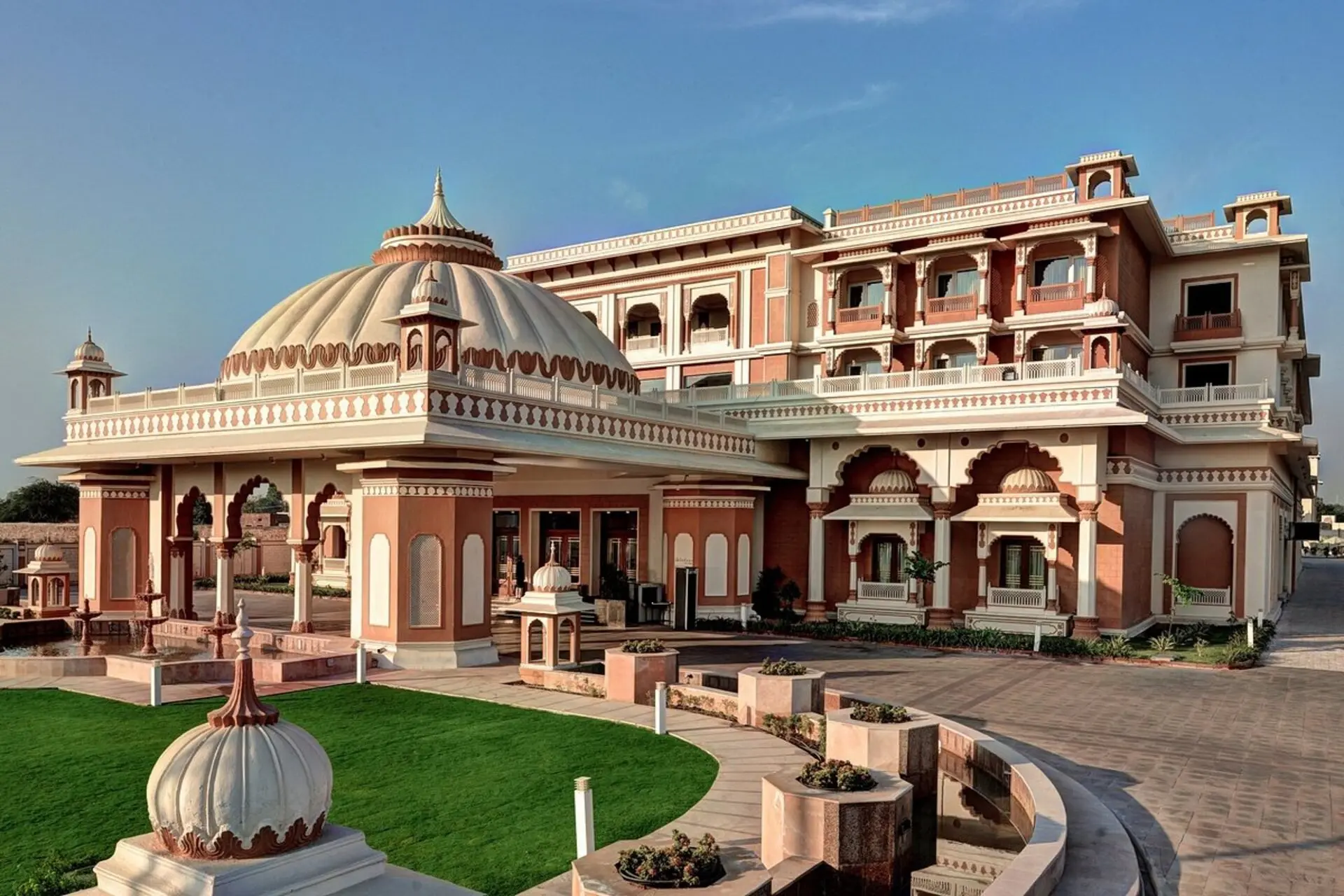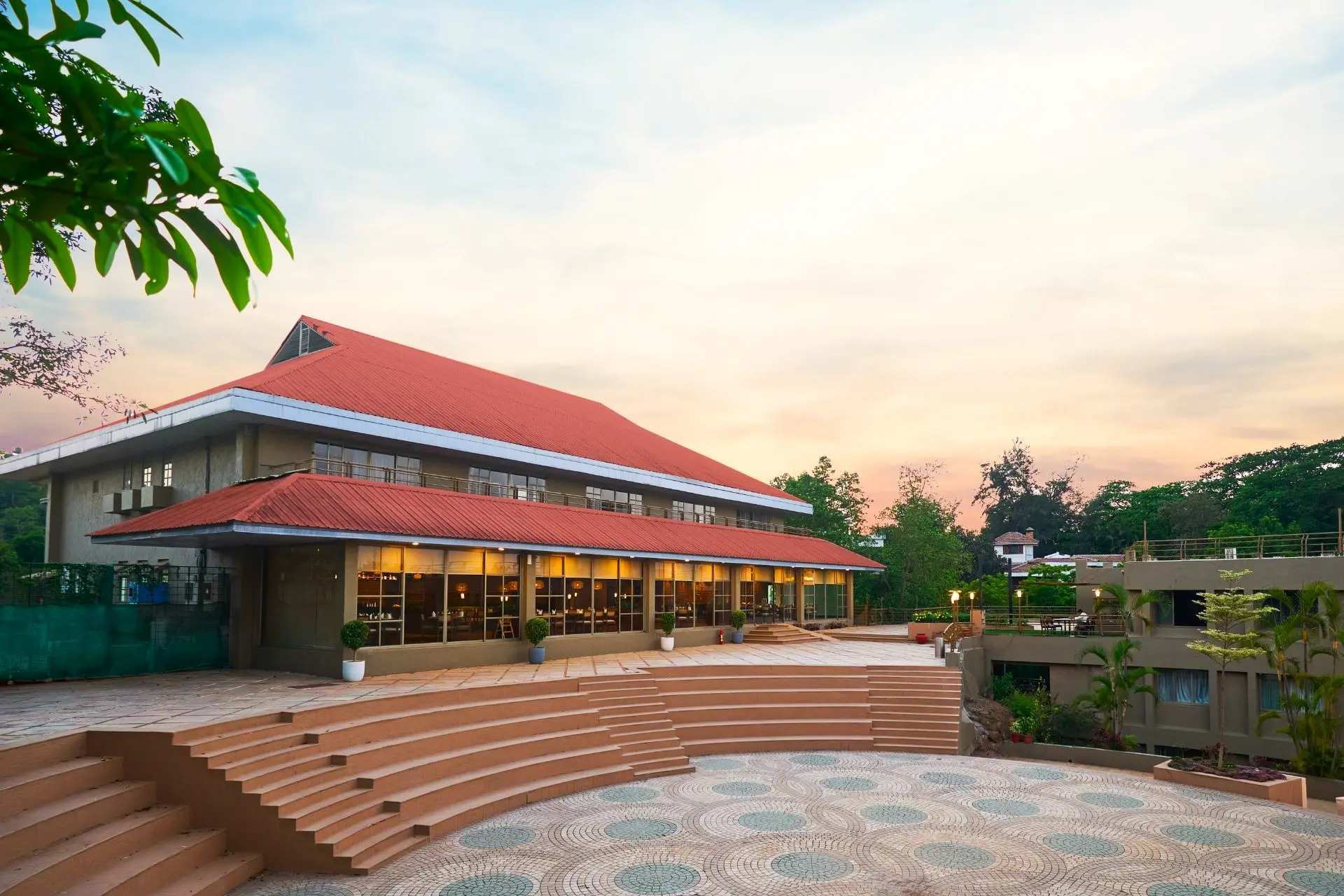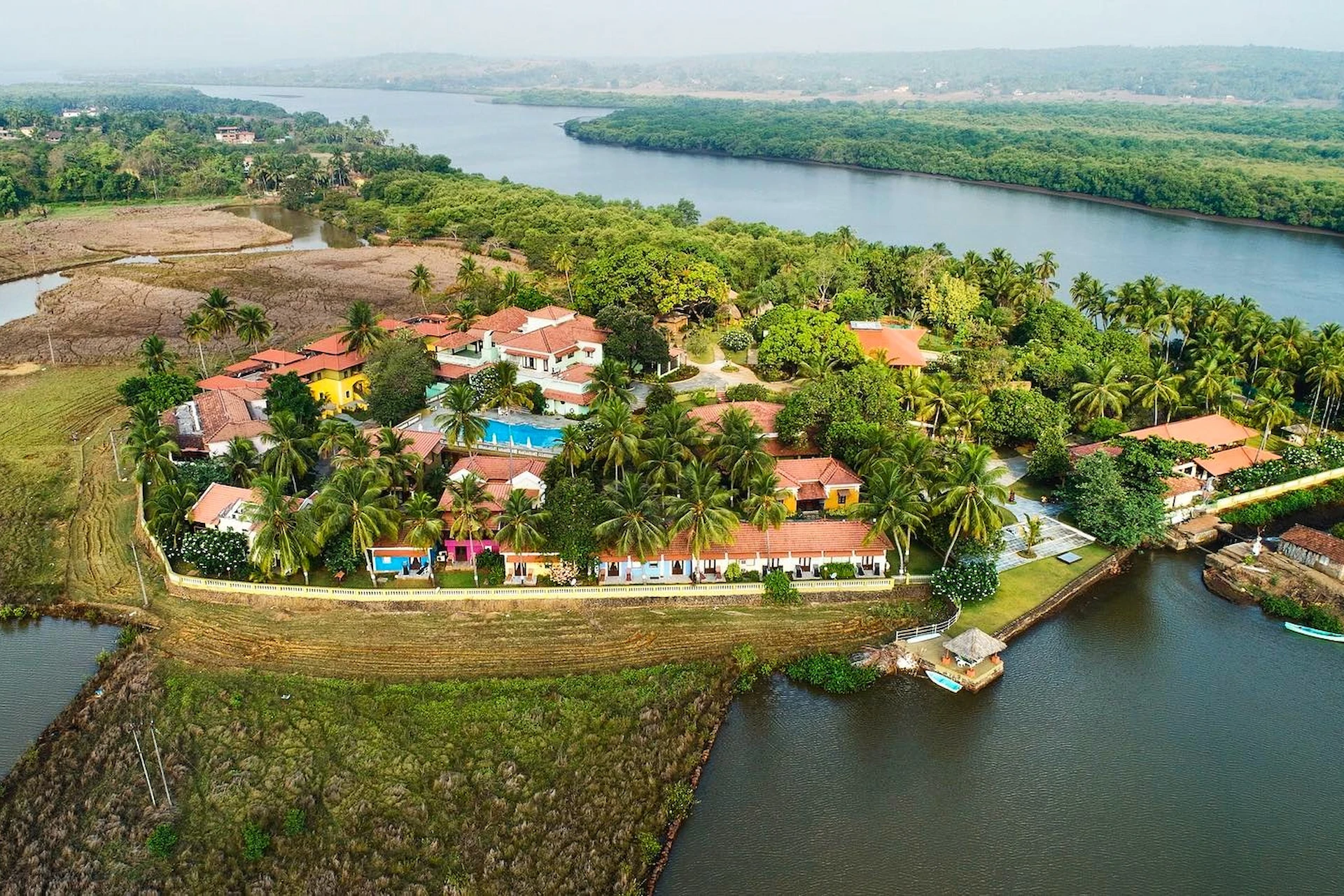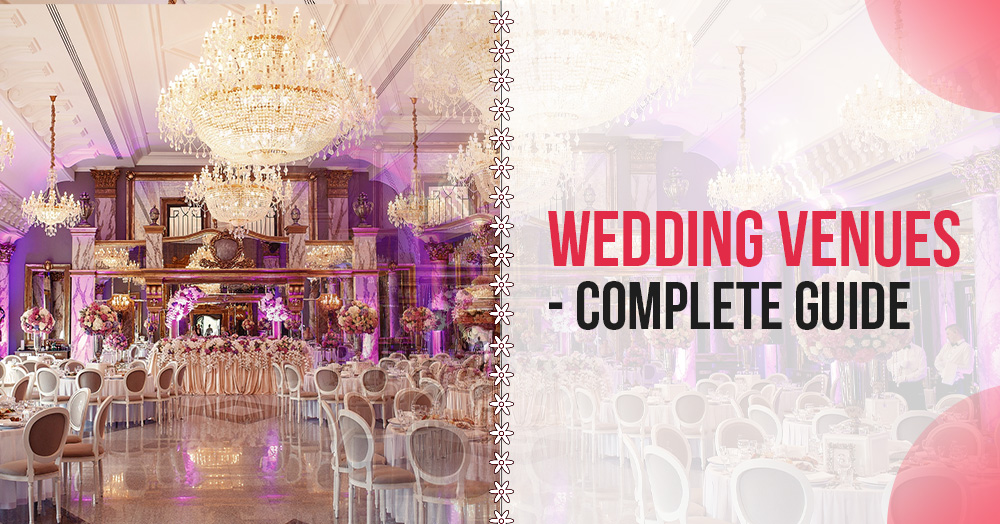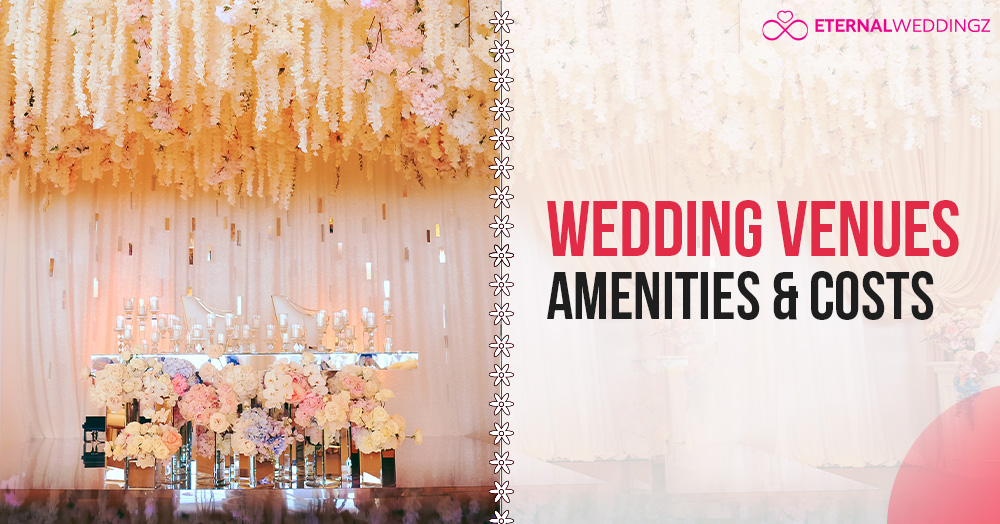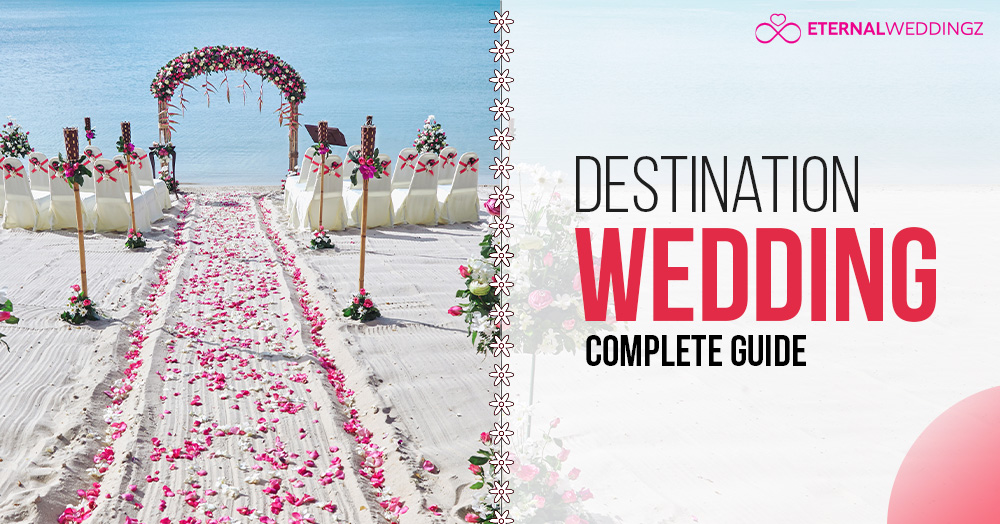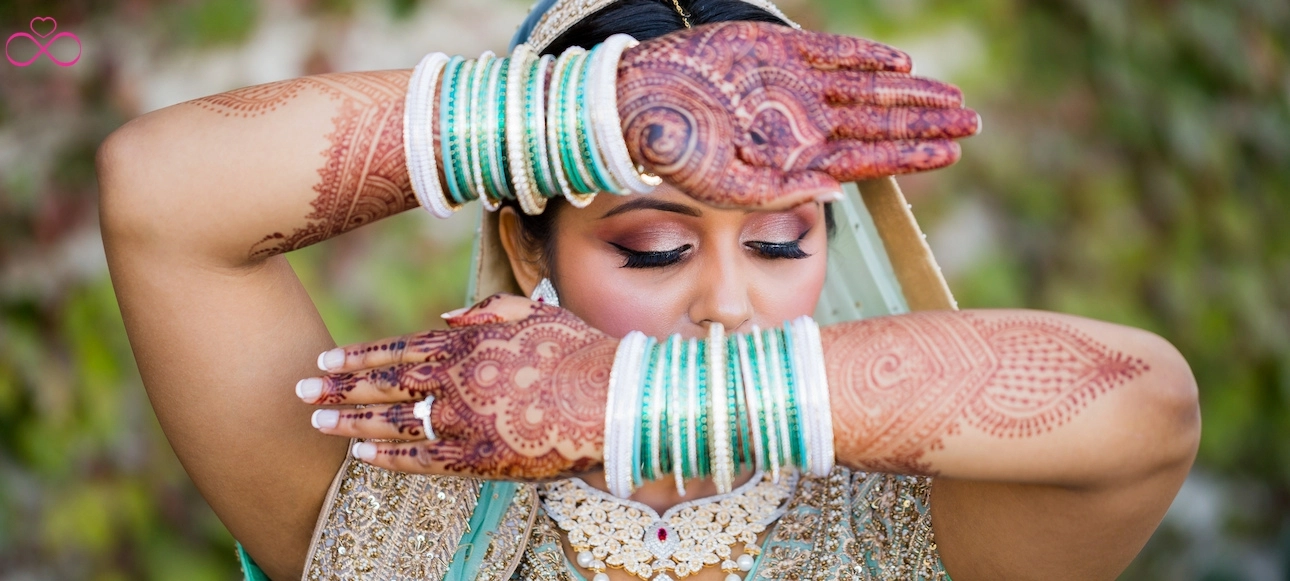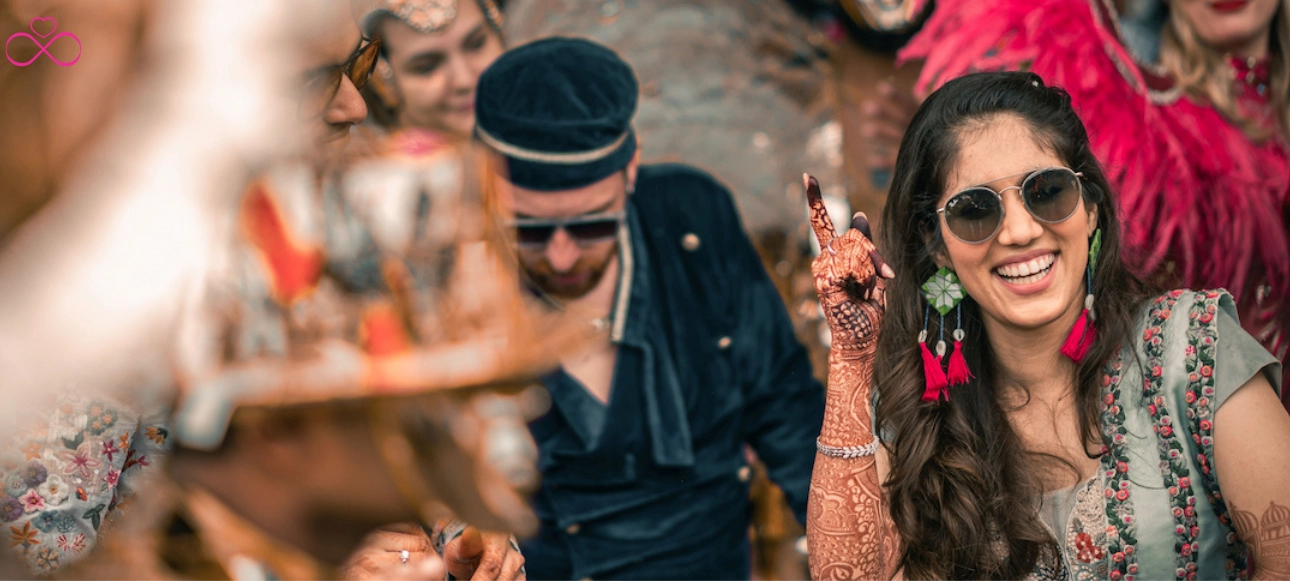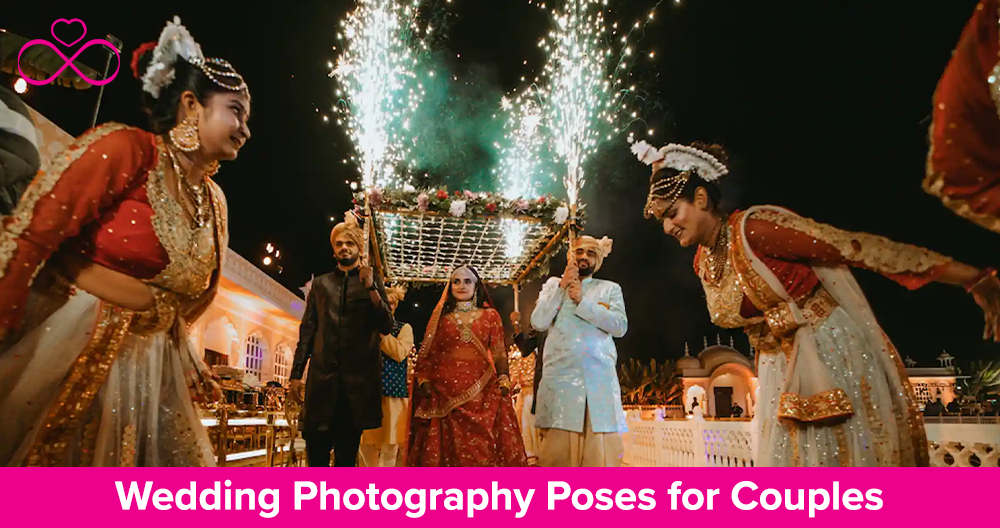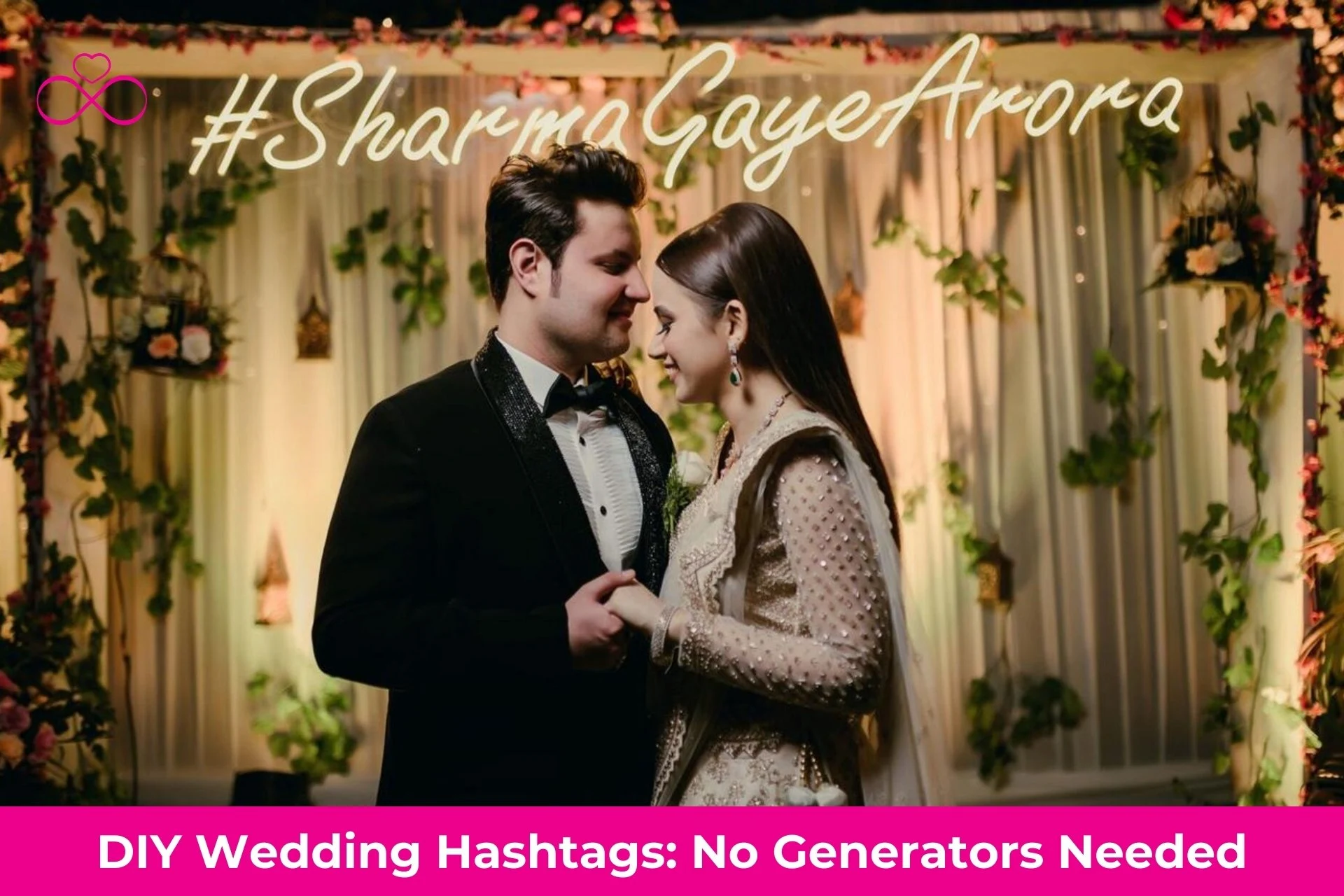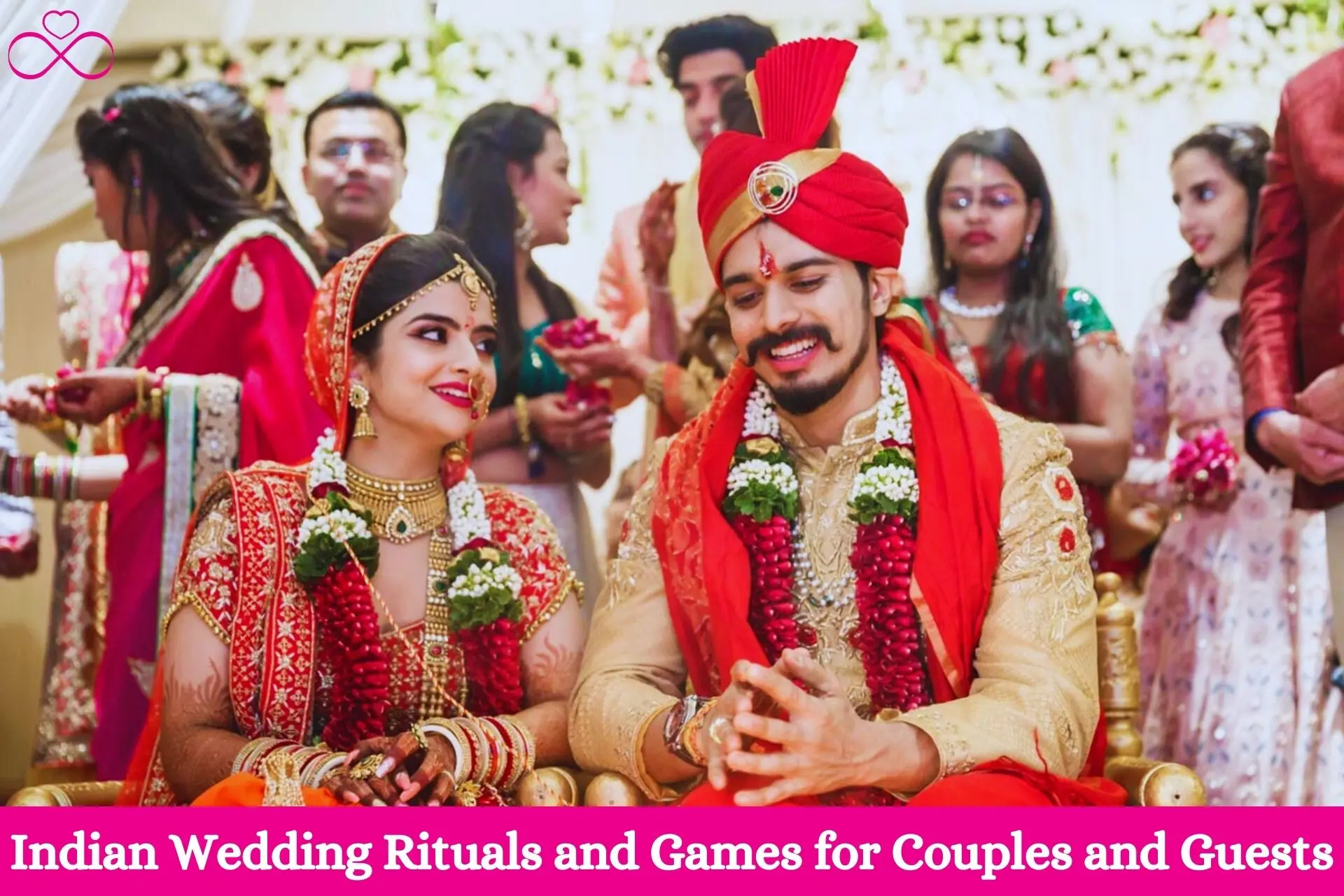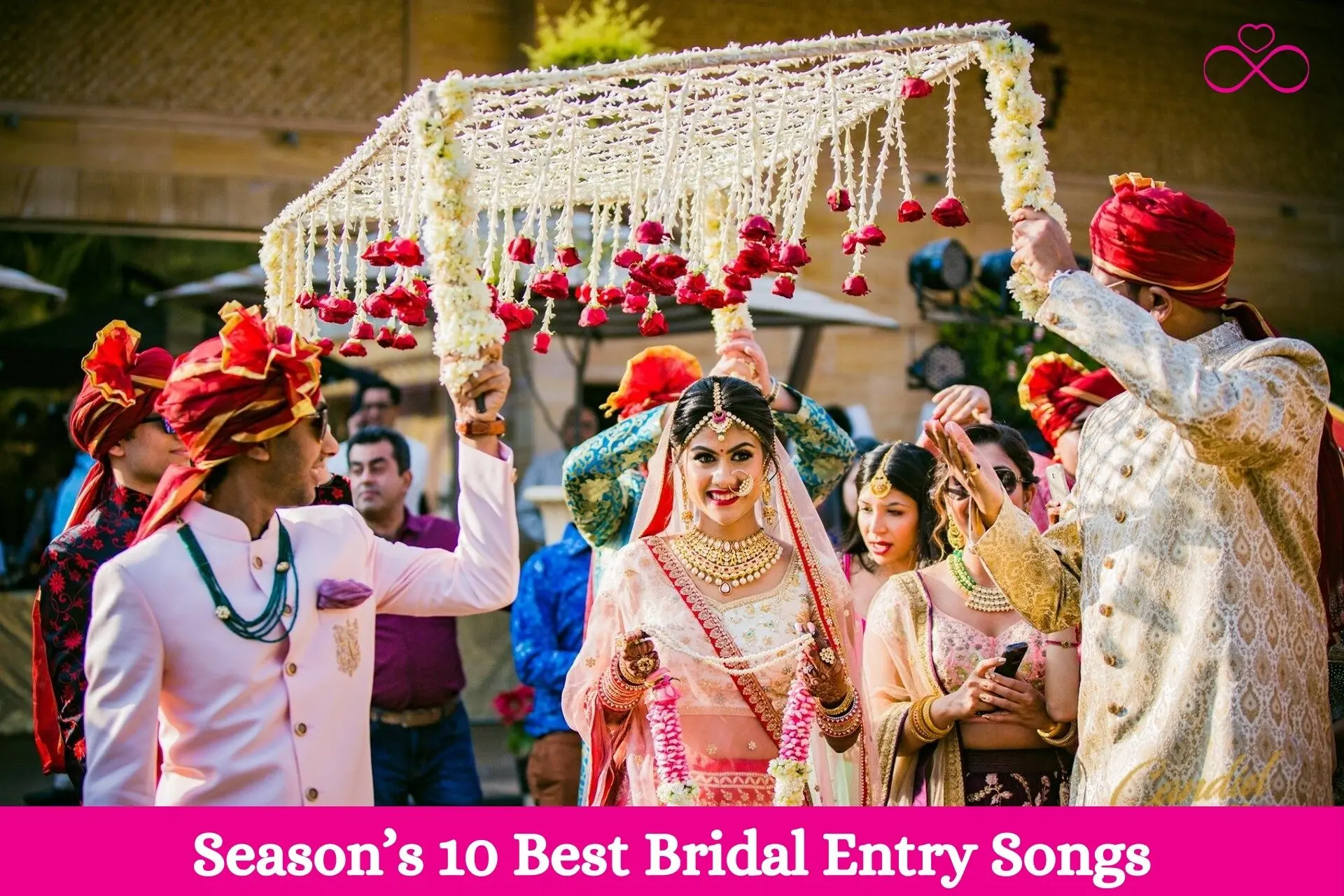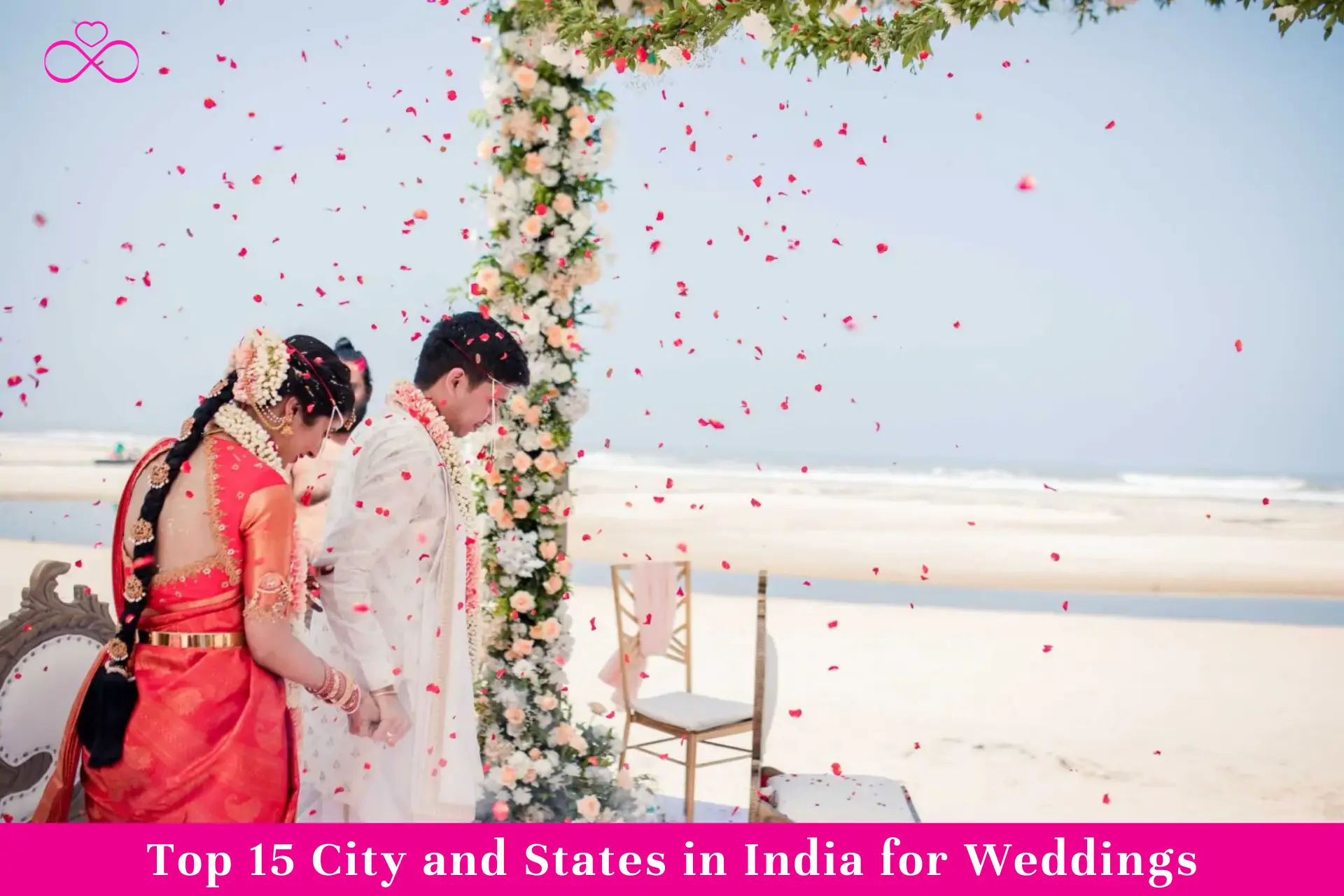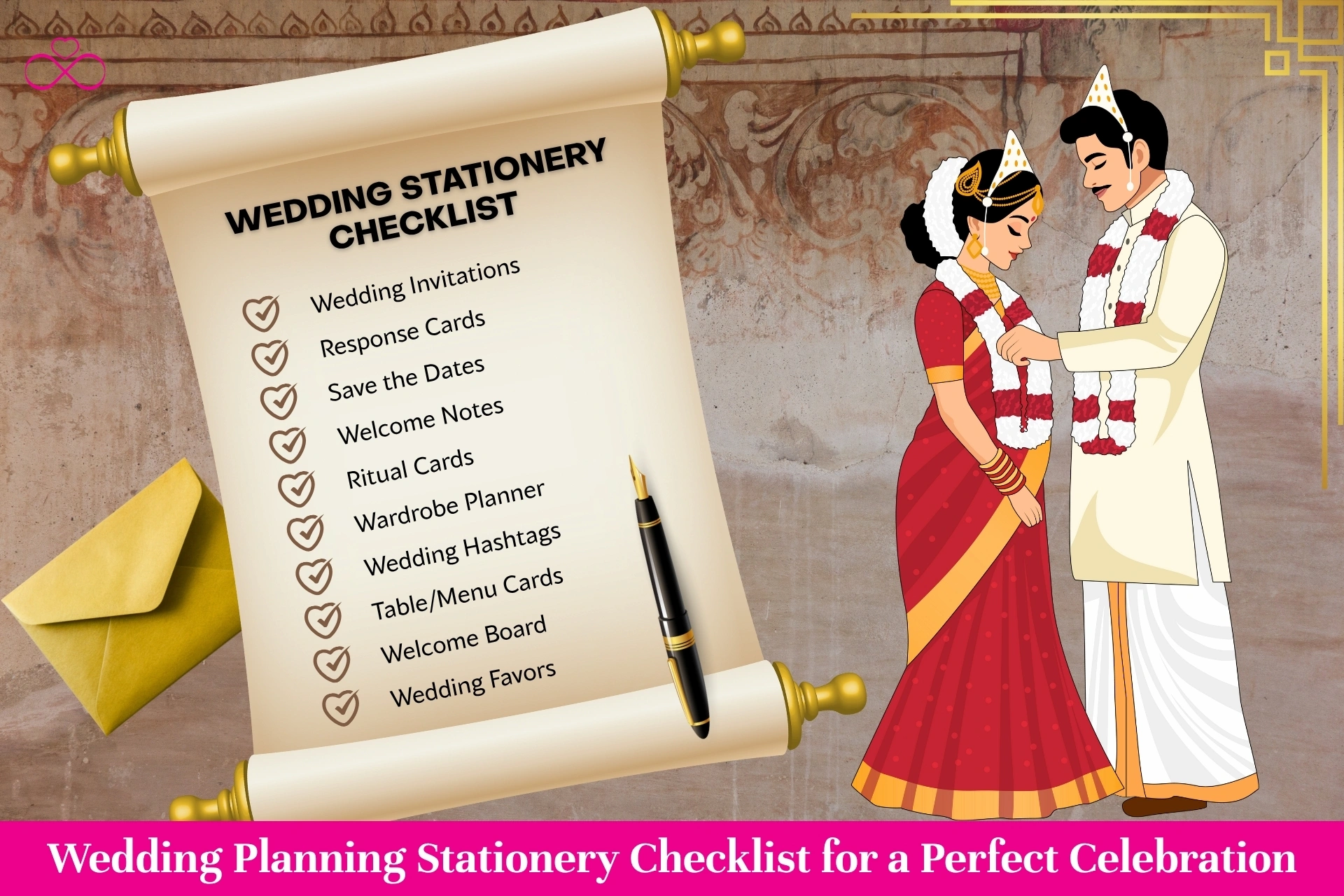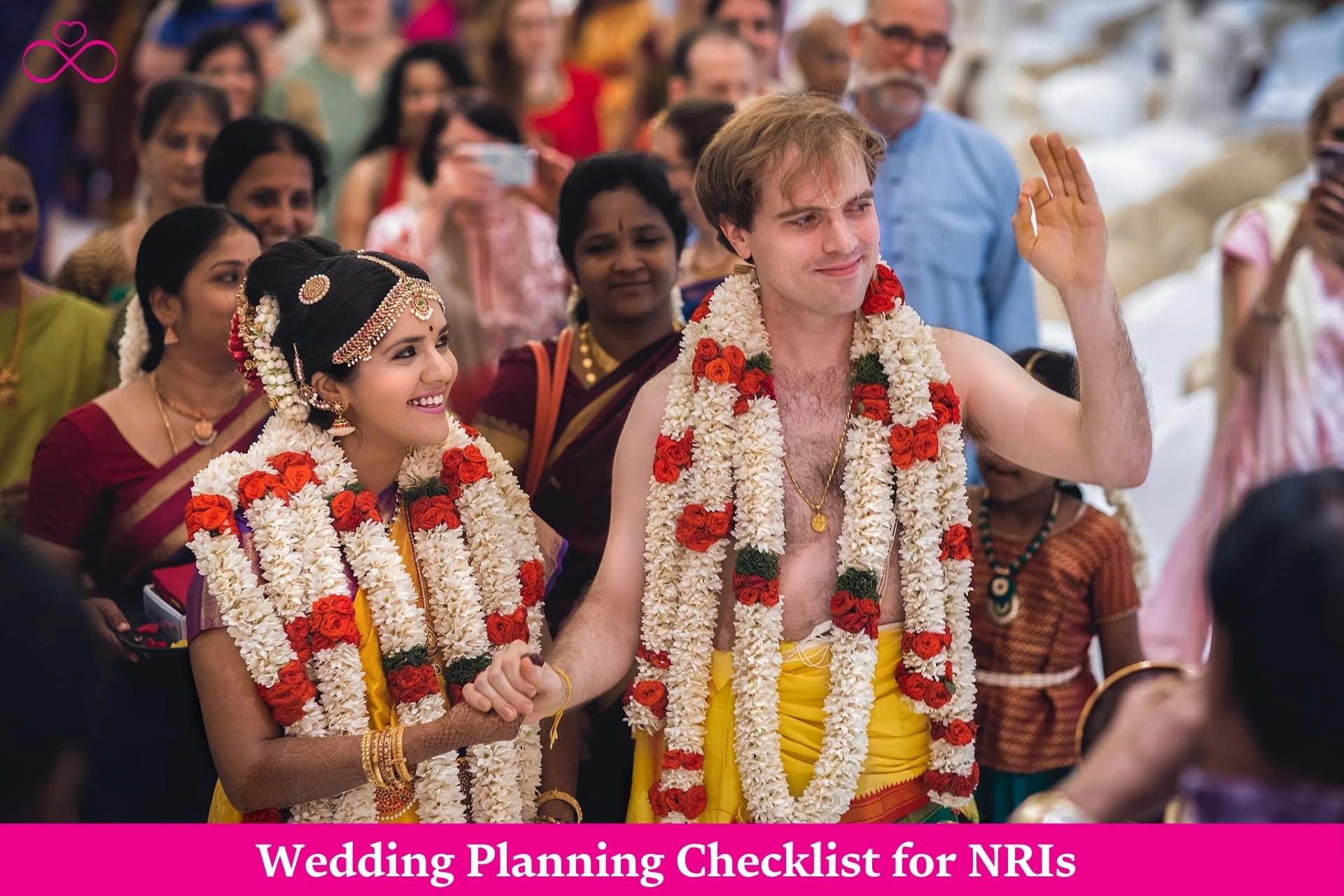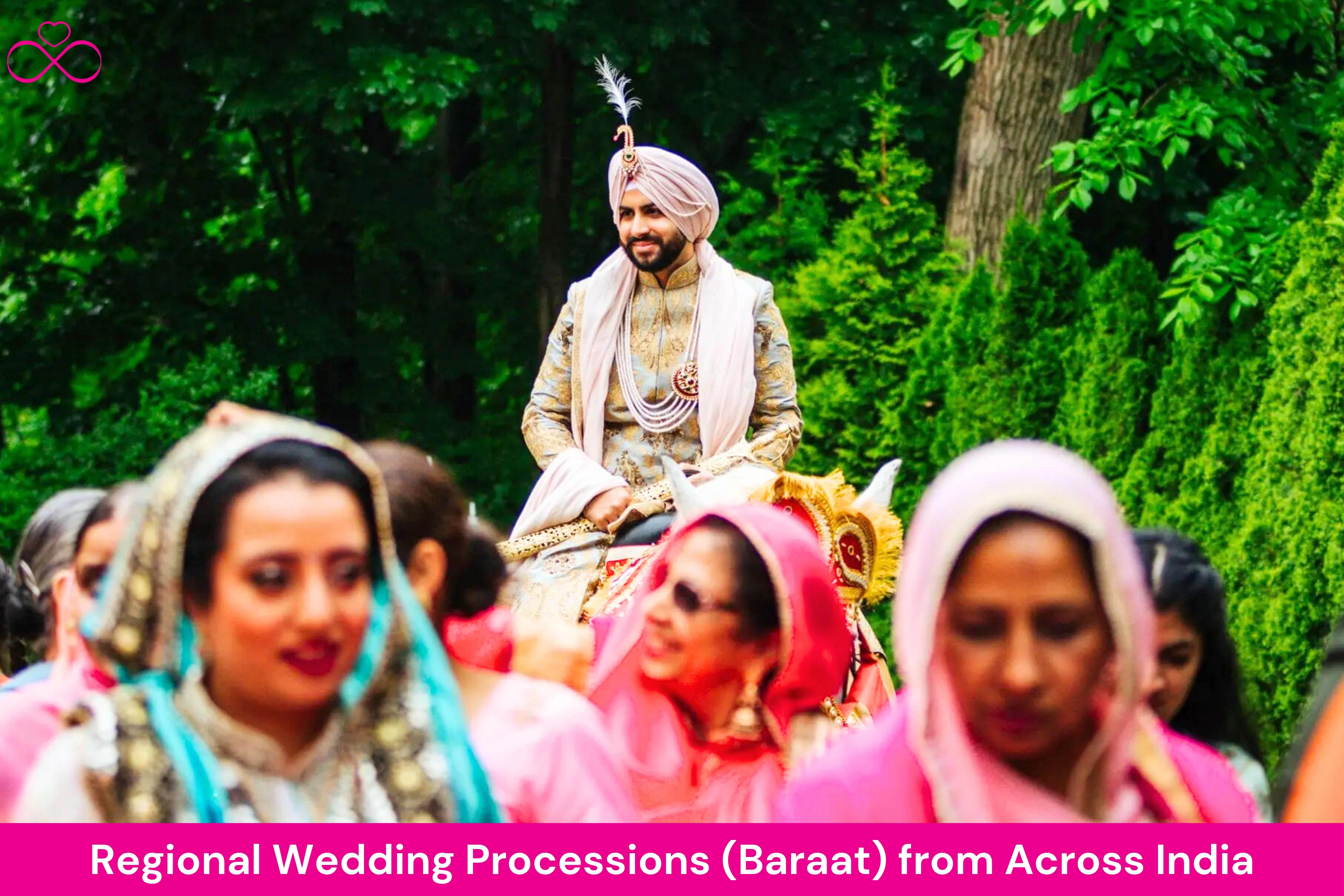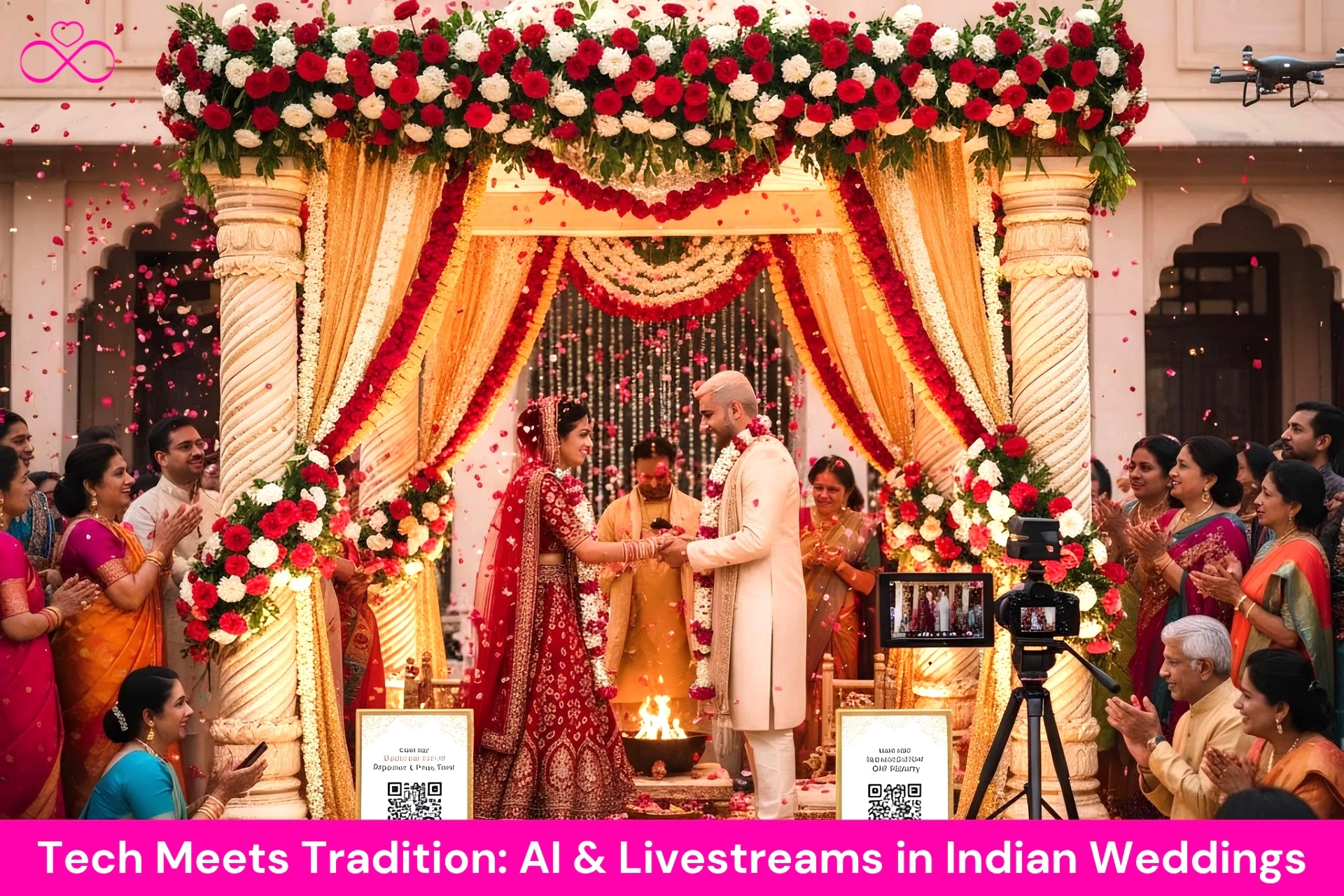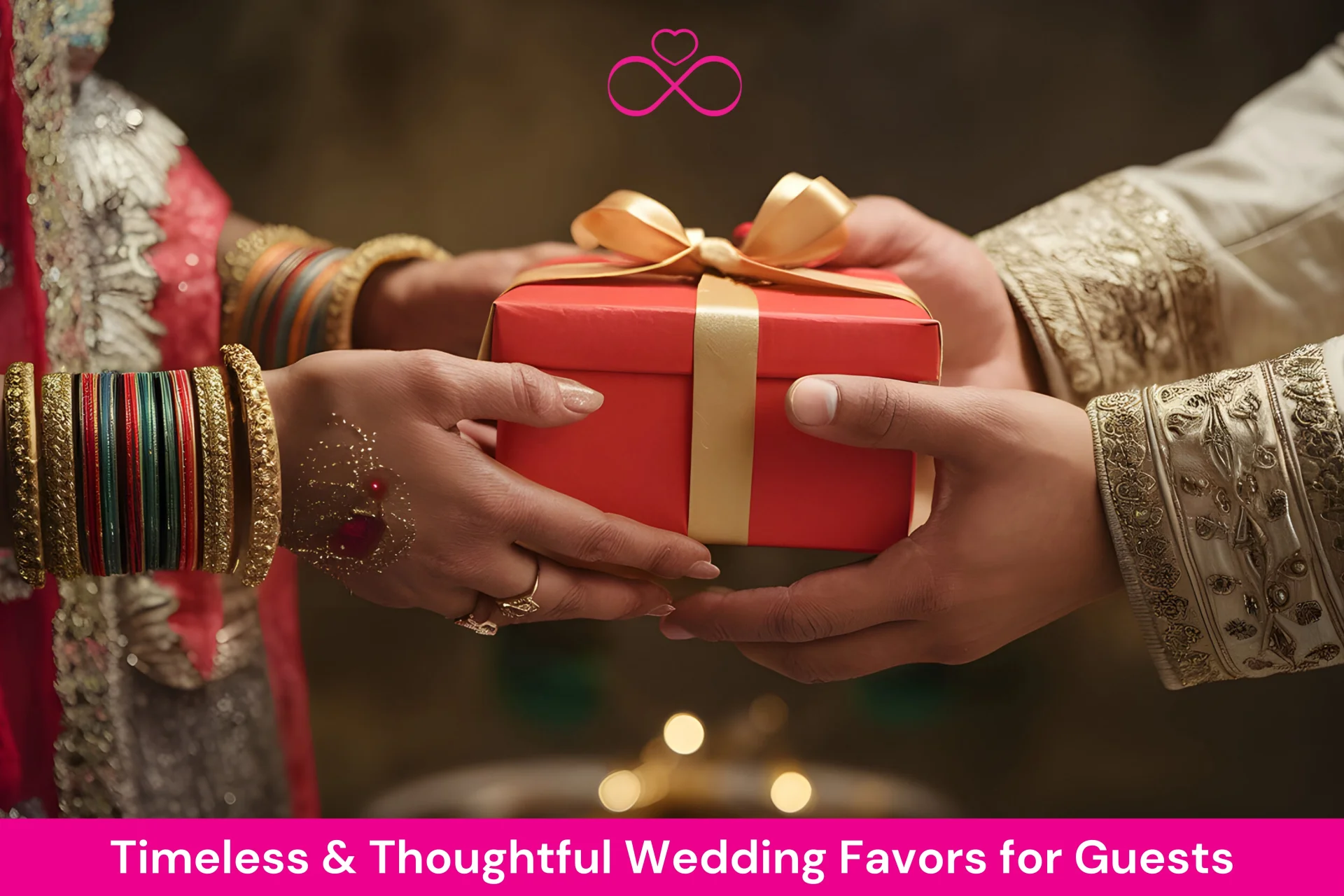A Comprehensive Step-by-Step Guide for Planning an Indian Wedding After Engagment
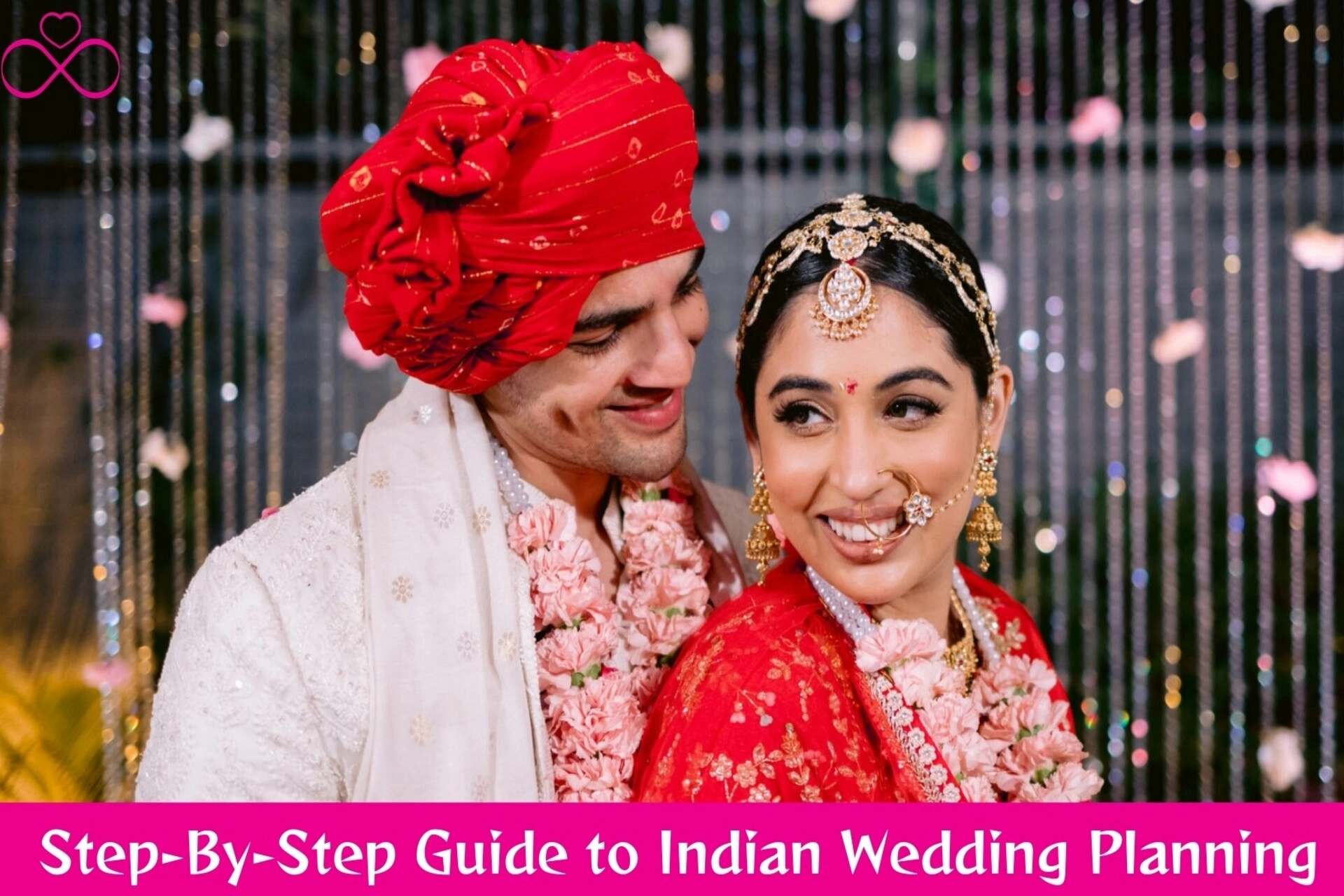
Introduction:
So, you're engaged! Congratulations on planning your dream Indian wedding with your partner. But with so many ideas and options, it's easy to feel overwhelmed. Don't worry; we've covered you with our step-by-step guide to make the process enjoyable and stress-free. Your Indian wedding day is more than just a celebration; it's a cherished cultural milestone, a blend of traditions, colors, and emotions culminating in a joyous union. This day holds profound significance for you, your partner, your families, and the entire community. It's a day where love, culture, and tradition converge, creating memories that will be etched in your hearts forever.
Indian weddings are known for their grandeur, with elaborate rituals, vibrant ceremonies, and a rich tapestry of customs. From the Mehndi and Sangeet to the sacred wedding vows and the exuberant reception, each event tells a story of love and commitment. Each ceremony and ritual has a special meaning, reflecting traditions that have lasted for centuries. Today, while many couples pick their own styles for weddings, the importance of cultural elements remains a key theme. After all, as they say in the Bollywood movie ‘Vivah’, “Shaadi sirf ek rasm nahi, ek rishta hai!” In this blog, we are presenting a step-by-step guide to Indian wedding planning. So, let's dive into the vibrant world of Indian wedding planning and bring your dreams to life.
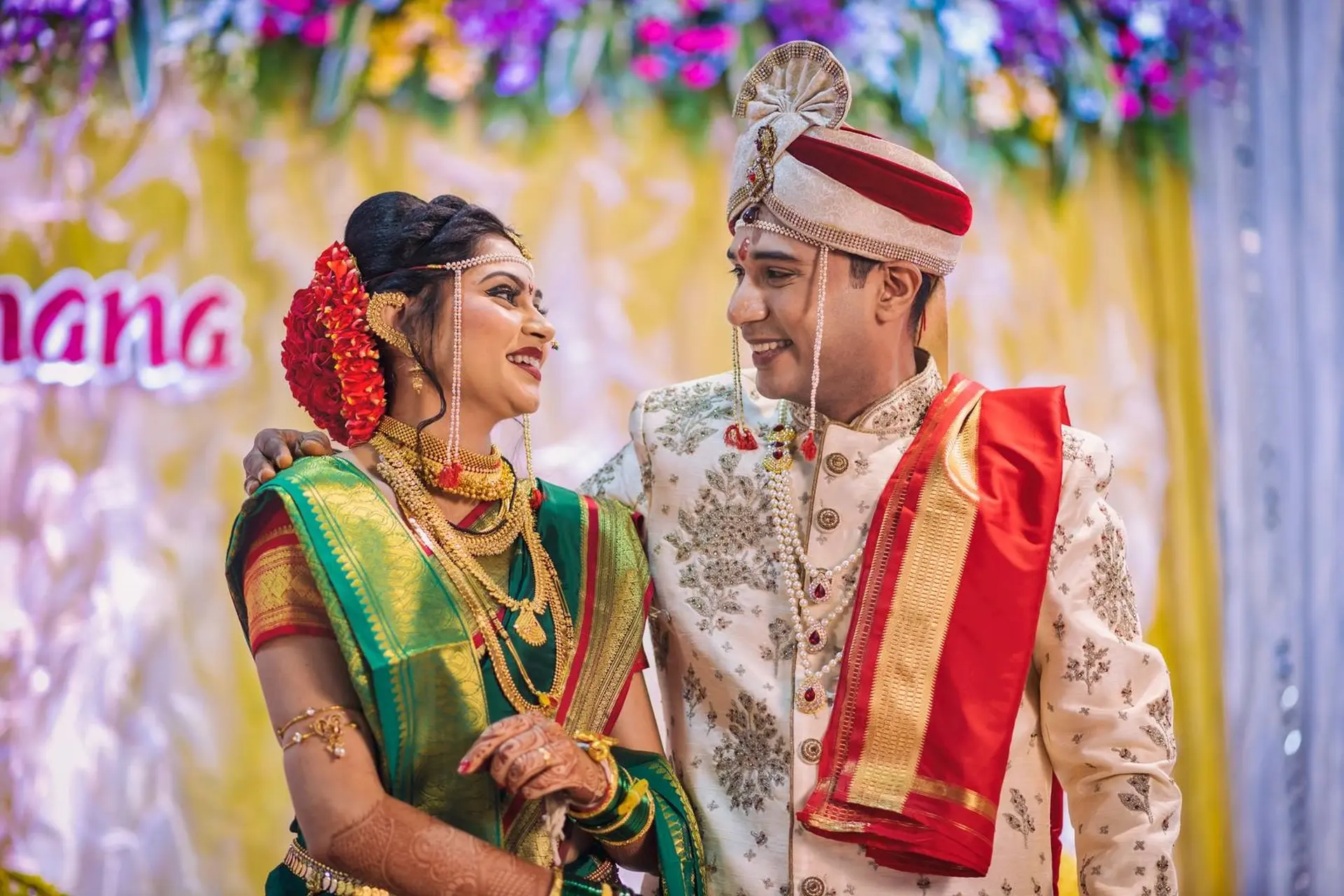
[Source: The Rolling Stories]
Step-By-Step Guide to Indian Wedding Planning
Step 1: The '4 Ws' - What, Where, When, Who? (9 to 12 months prior to the wedding)
The first step in planning an Indian wedding is figuring out what’s most important for your big day. Start by asking these questions:
When planning your wedding, start by deciding how many events you want and over how many days. Indian weddings are known for their week-long celebrations, including ceremonies like Ganesh Pooja, Mandvo, Pithi, Maiya, Haldi, Mehndi party, Sangeet, Wedding, and Reception. Discuss with your parents if they have specific ceremonies in mind. This will help you plan your budget and schedule. Next, think about the perfect location that reflects your dream. Whether it’s a cozy country house in Britain or a beautiful spot in Spain, your chosen backdrop will set the mood for your special day. Make it memorable and uniquely yours!
- Pick a date that suits you. Think about the season and its good and bad points. Summer has more sunshine but can be more expensive to travel, while winter gives a cozy feeling.
- Making your guest list can be tough. Start with a rough list with your partner and get ideas from your parents. Divide guests into 'must-have,' 'would like to have,' and 'not sure.' Your venue and budget will help you decide who to invite.
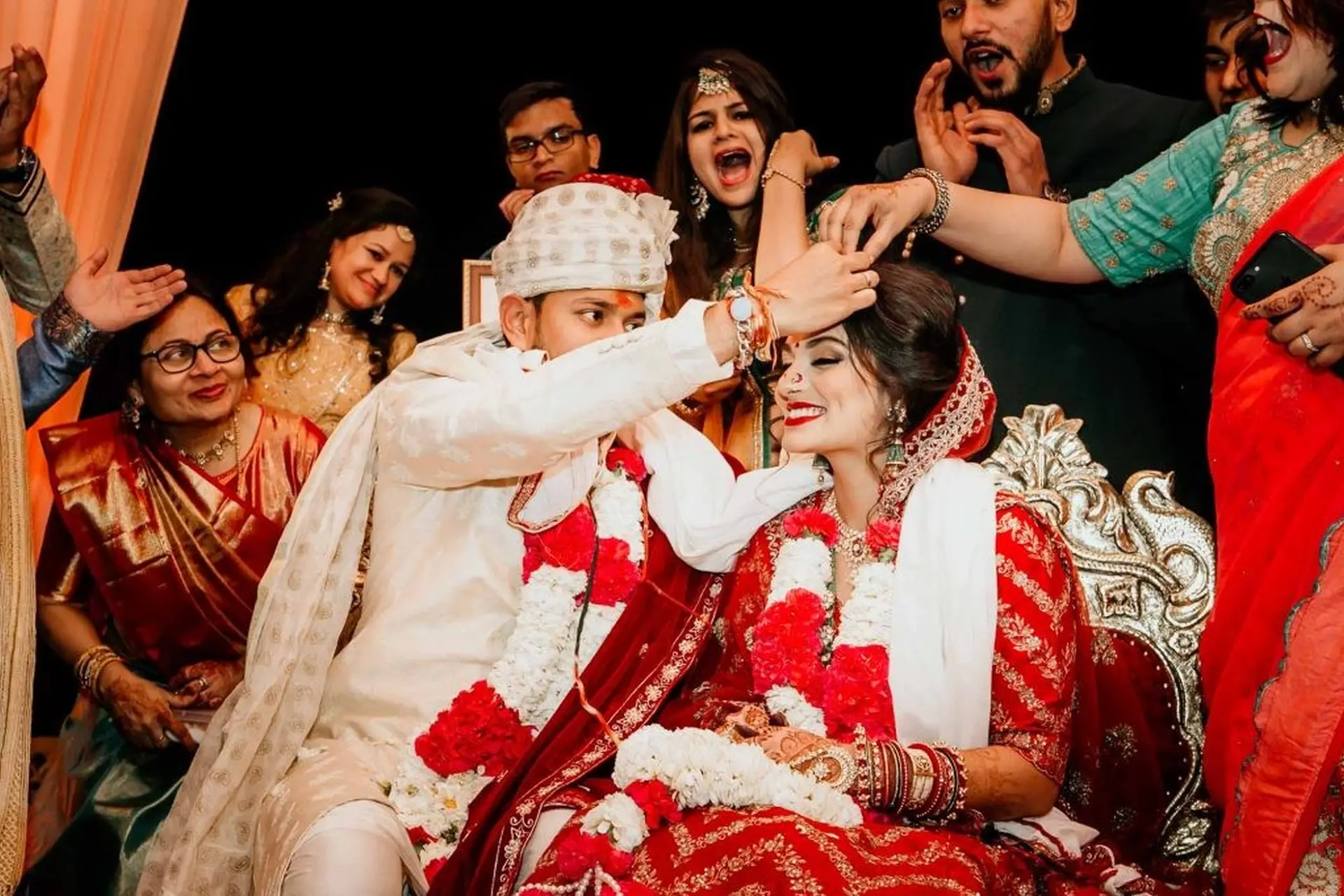
[Source: Event Gurus]
Step 2: Look for Inspiration (9 to 12 months prior to the wedding)
Are you looking for inspiration for your wedding? Social media platforms like Pinterest and Instagram are worth exploring. They are great sources for wedding ideas and can help you plan your special day. Create boards, save images, and get creative with your ideas. If you're considering hiring a wedding planner, start your research now.
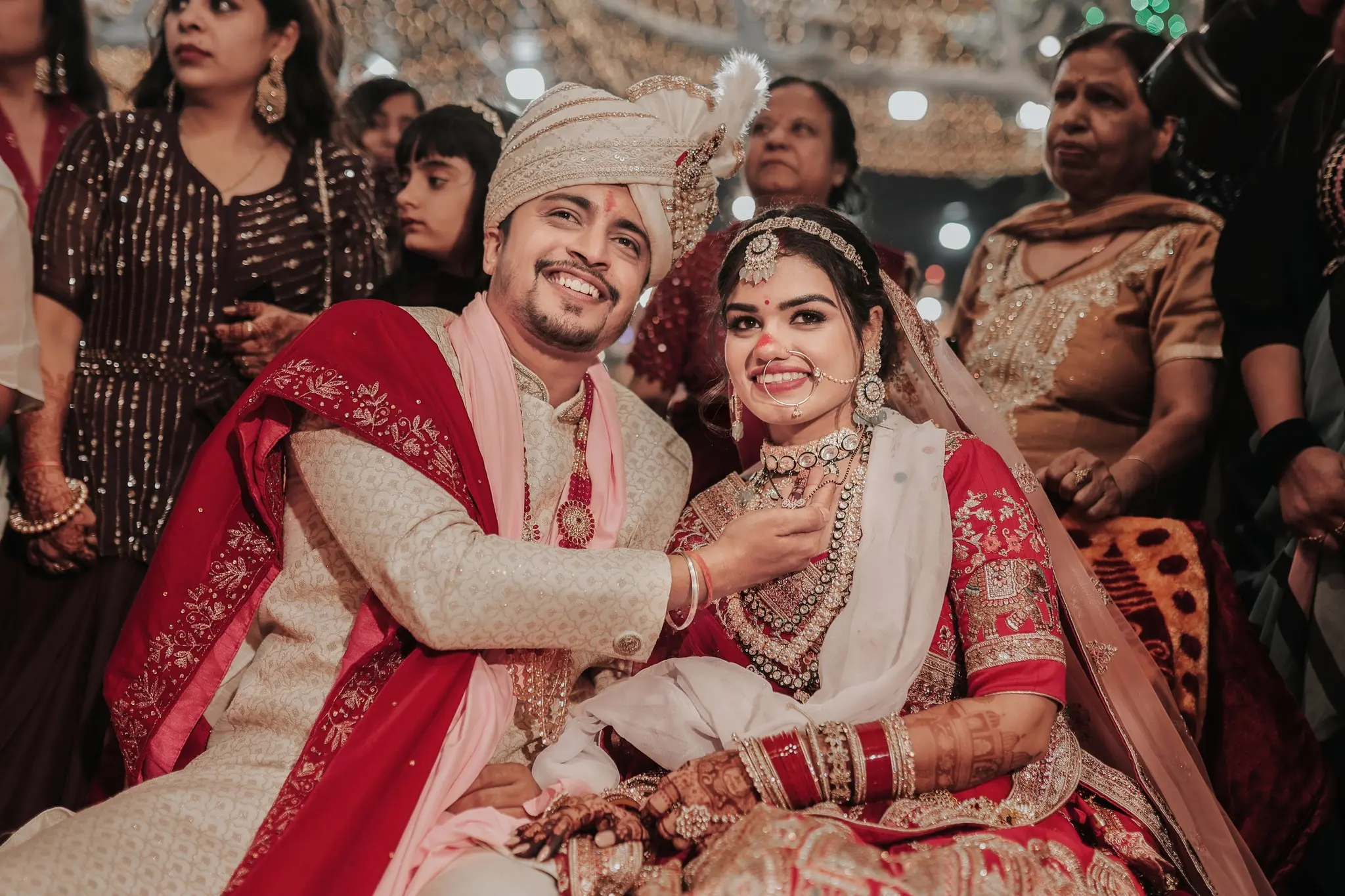
[Source: Aarya Films]
Step 3: Hire a Wedding Planner (9 to 12 months prior to the wedding)
Contact several wedding planners to set up an initial consultation, which is usually free, where they can provide expert advice on Indian wedding planning and offer budget guidance. It's important to feel an immediate connection with your wedding planner since you'll be working closely together in the months ahead. Consider hiring a planner if your wedding fits into any of these scenarios.
1. You have 100 or more guests.
2. It's a destination wedding.
3. The event lasts more than 2 days.
4. It's a multicultural wedding.
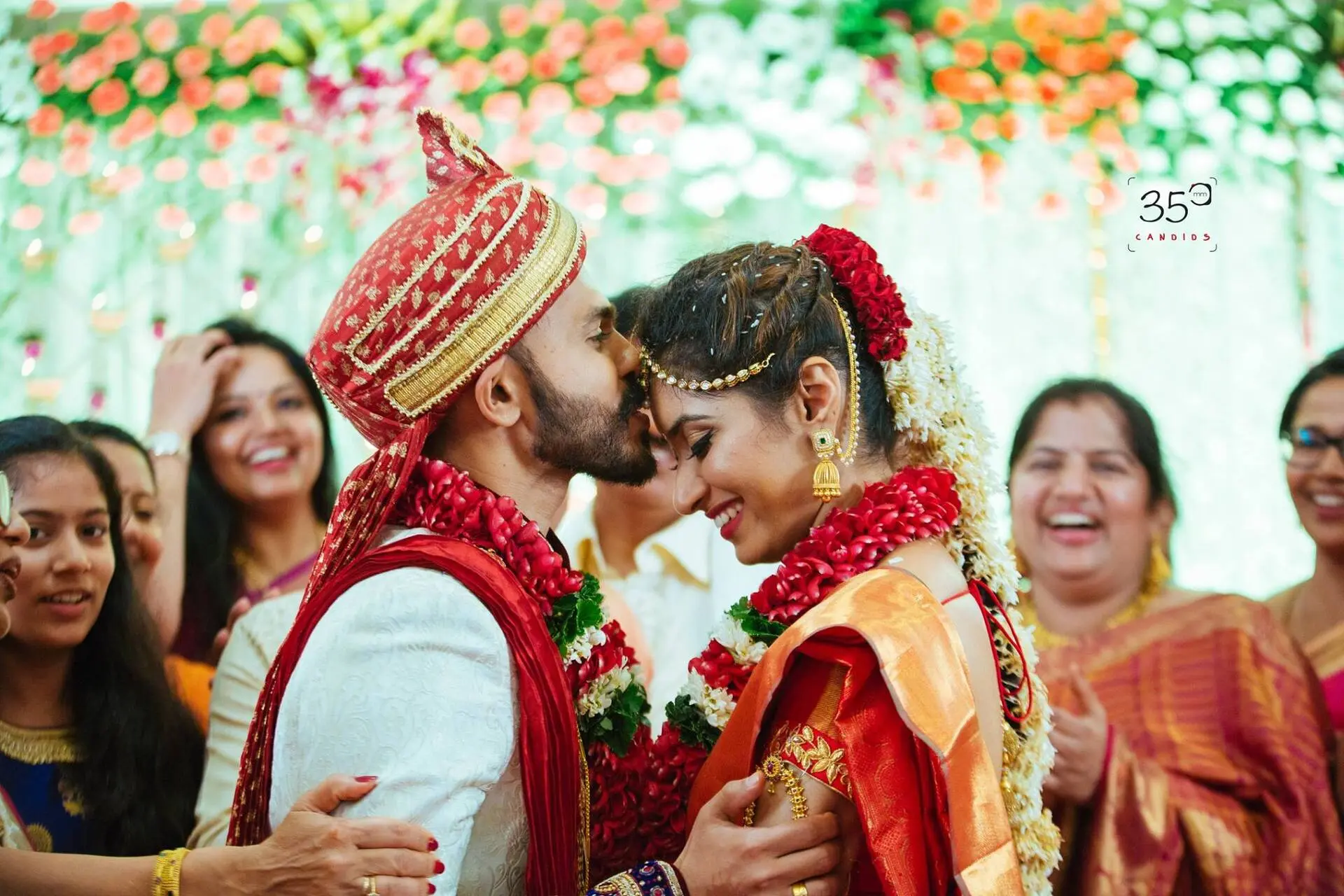
[Source: 35mm Candids]
Step 4: Finding the Perfect Venue and Décor (9 to 12 months prior to the wedding)
1. Traditional vs. Modern Venues - Using your inspiration, search for venues and vendors matching your wedding style. Make a list of three options for each category and compare their prices. Check with vendors about the hours, extra fees, and trial options. Don’t forget to ask your friends and family for recommendations! Indian weddings have many venue options, from lavish palaces to modern banquet halls. Decide a place that matches your theme and fits your guest list. Think about outdoor locations for a nature vibe or heritage sites for a royal feel.
2. Décor Ideas and Themes - This is the fun part of planning an Indian wedding! Use your ideas to design every detail of your celebration, from flowers and table settings to the cake and favors. Add your personal touch to everything, including the food flavors and lighting. Your wedding decorations should show your personality and vision. Popular themes include royal, rustic, vintage, and bohemian. Add regional influences for a genuine touch, like Rajasthani patterns or Kerala’s beautiful floral designs. Visual inspiration boards can help you choose a consistent style.
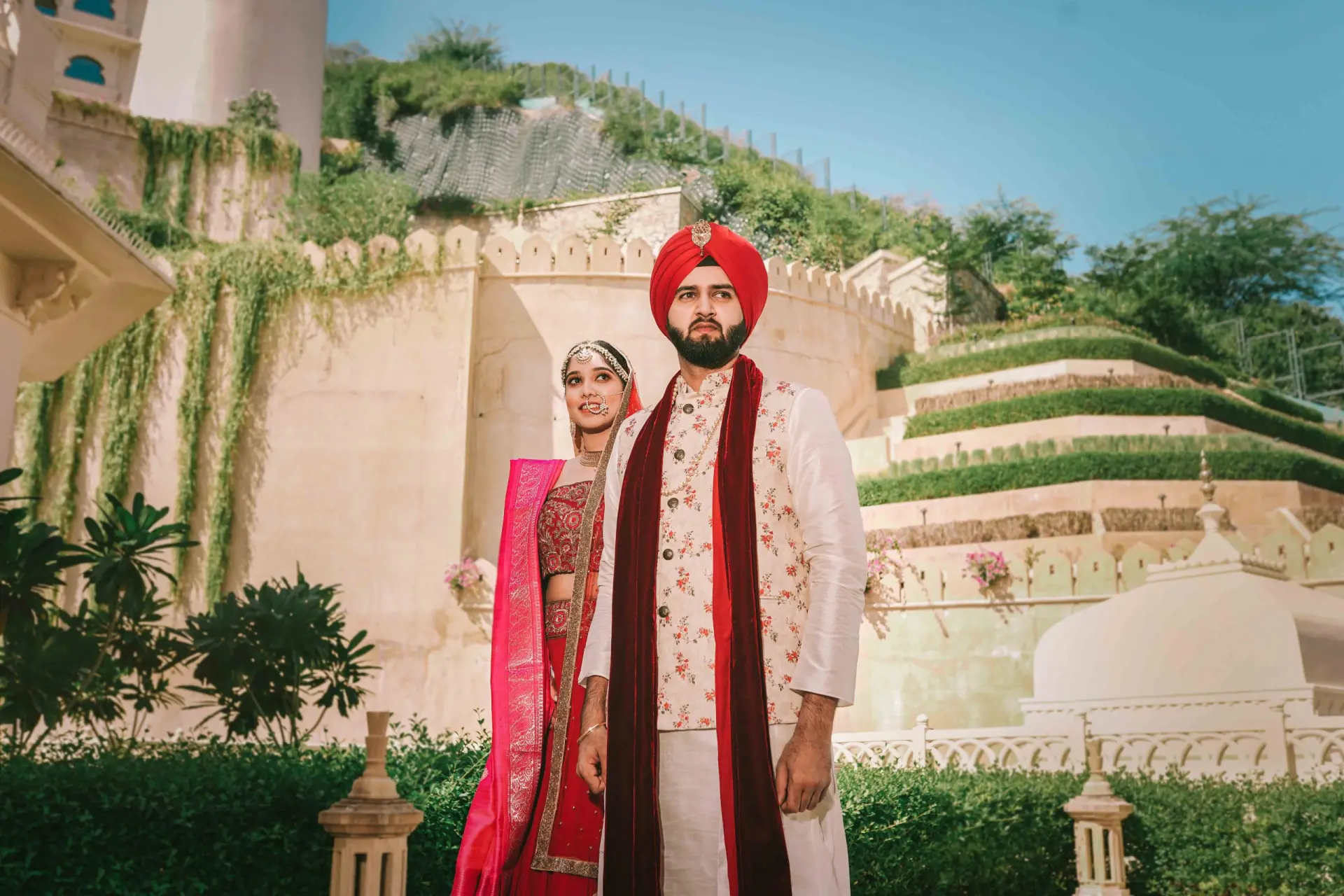
[Source: The Wedding Capture Studio]
Step 5: Pre-Wedding Planning Essentials (9 to 12 months prior to the wedding)
1. Set a Realistic Budget - Budgeting is the backbone of any wedding plan. Start by discussing your overall budget with your partner and families to set clear expectations. Make sure to include costs for clothing, venue, food, decorations, and extra expenses. Use budgeting tools or apps to help track your spending. For a local wedding, estimate an additional Rs. 1,00,000, and for a destination wedding, consider Rs. 5,00,000 for unexpected costs. Discuss these estimates with your partner and family to ensure everyone is on the same page. If there are concerns, try separating things into 'essentials' and 'non-essentials,' or work with vendors to find a budget-friendly solution.
2. Create a Timeline - Create a personalized timeline that highlights all the key events leading up to your wedding day. This should include your pre-wedding rituals, ceremonies, and essential tasks like shopping and booking vendors. A well-organized timeline will help you stay on track and keep stress at bay.
3. Pick the Perfect Event Date - Choosing a date means thinking about what works best for you and your family, picking auspicious dates, and checking if your venue is available. If you follow traditions, it can be helpful to chat with family elders or an astrologer to guide your decision.
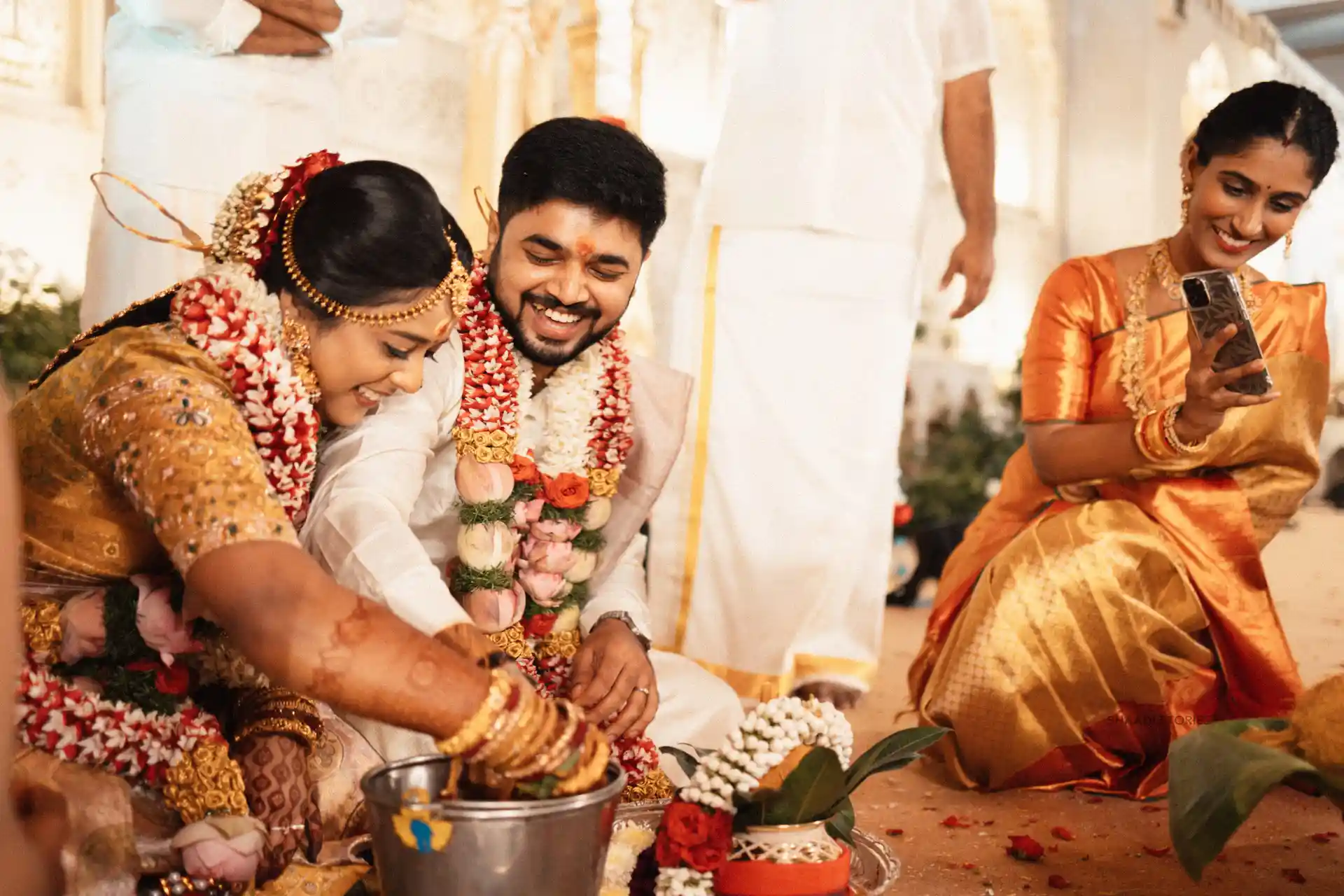
[Source: The Shaadi Stories]
Step 6: Selecting Top-Notch Vendors (6 to 8 months prior to the wedding)
1. Catering & Cuisine - Food plays a vital role in Indian weddings. Choose a caterer who specializes in a variety of Indian cuisines and can tailor your menu to include beloved family favorite dishes. Famous chef Rajesh Singh advises, "It’s important to design a menu that not only tastes great but also reflects the couple's unique story and respects their choices."
2. Photography & Entertainment - When selecting a photographer for your Indian wedding, look for someone who truly captures its essence. As seasoned photographer Rahul Mehta puts it, "Indian weddings are a celebration of colors, emotions, and rituals. Our role is to not just document but to narrate the love story through every click." Additionally, think about hiring entertainers like musicians or dancers to enhance the joy of your celebration.
3. Hair / Makeup & Stylist - To find the right hair/makeup stylist, check out their portfolio and reviews, think about their experience and style, get recommendations, and book a consultation to talk about your preferences and needs.
When selecting vendors, focus on quality and experience. Don’t hesitate to ask for references, read reviews, and compare prices to make sure you’re making the best choices for your needs.
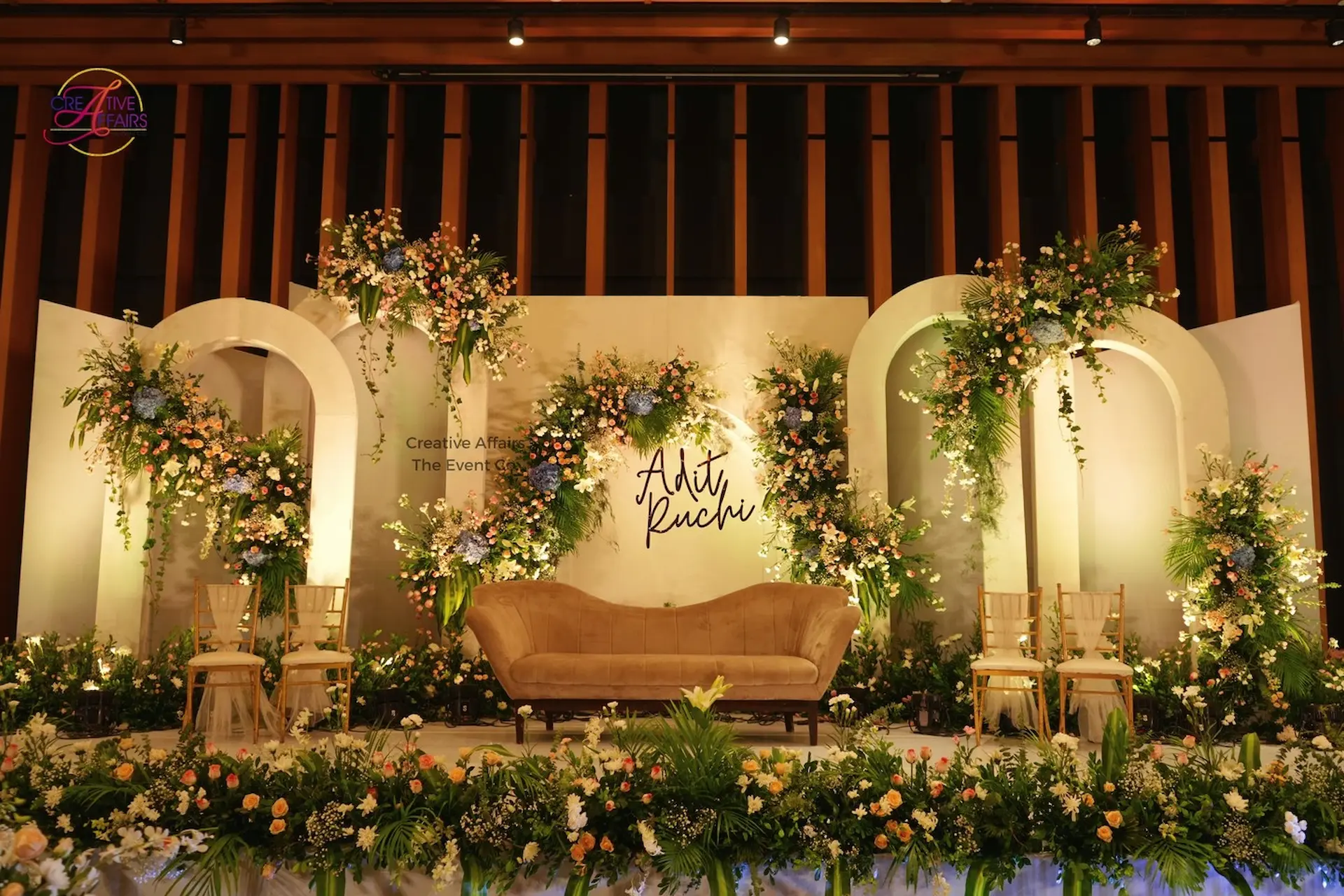
[Source: Creative Affairs]
Step 7: Trendy Wedding Attire` (6 to 8 months prior to the wedding)
1. Bridal Wear - Bridal fashion is constantly changing. With options ranging from traditional lehengas to modern gowns, the choices are endless. Famous fashion designer Anjali Verma says, “Wedding outfits show off the couple's unique style and the cultural traditions they want to honor. It's all about finding the perfect mix of tradition and trend.”
2. Groom's Attire - A coordinated look between the bride and groom is important for their big day. Consider styles like sherwanis, Bandhgala Suits, Wedding Suits, Jodhpuri Suits or western suits while making sure the colors and designs match beautifully.
3. Accessorizing the Look - No outfit feels complete without the perfect accessories! This includes jewelry, footwear, and special touches like dupattas or pagris. Pick pieces that elevate your overall look while keeping it balanced.

[Source: Sanjana Studio]
Step 8: Importance of Cultural Traditions in Weddings (4 to 5 months prior to the wedding)
1. Rituals & their Meanings - Rituals such as Sangeet, Mehendi, and Haldi are so much more than just traditions; they’re special moments that bring people together and create unforgettable memories. These celebrations truly honor our Indian culture and the bonds they share with one another.
2. Adding Cultural Elements - To add cultural touches to your wedding, think about wearing traditional attire that reflects your heritage, including meaningful rituals that are special to you and your family, and serving dishes that showcase your culture’s culinary traditions. These personal elements will make your wedding even more special and memorable while honoring your roots!
3. Balancing Tradition & Modernity - Balancing tradition and modernity is all about respecting the past while enjoying the present. You can honor traditions by adding modern touches that show your personality. Consider freshening up your decorations, picking modern music, or writing your own vows to create a special experience that connects your background and personal style.
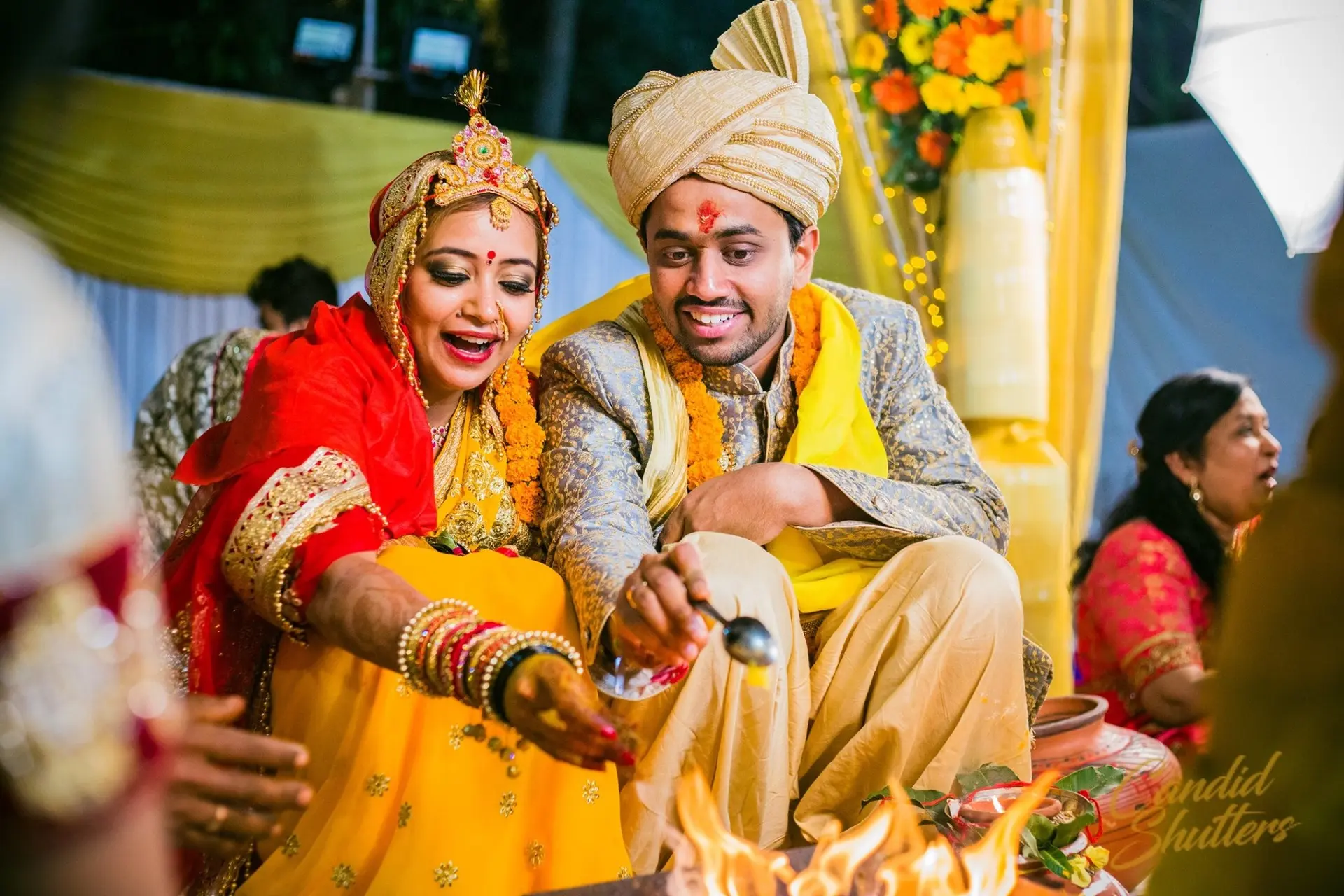
[Source: CandidShutters]
Step 9: Celebrate the Pre-Wedding Events (4 to 5 months prior to the wedding)
1. Engagement Parties - Host an engagement party to share the exciting news of your union! Whether you prefer a cozy get-together or a lavish celebration, make it special and personal to showcase your unique style.
2. Haldi, Mehendi & Sangeet - These events are typically lively, and filled with music, dance, and laughter. Consider planning fun activities and themes that showcase your personality, making it easy for your guests to join in and have a great time.
3. Unique Event Ideas - Think about including fun features like photo booths, DIY stations, or themed dress codes to make the experience more enjoyable and memorable for everyone.
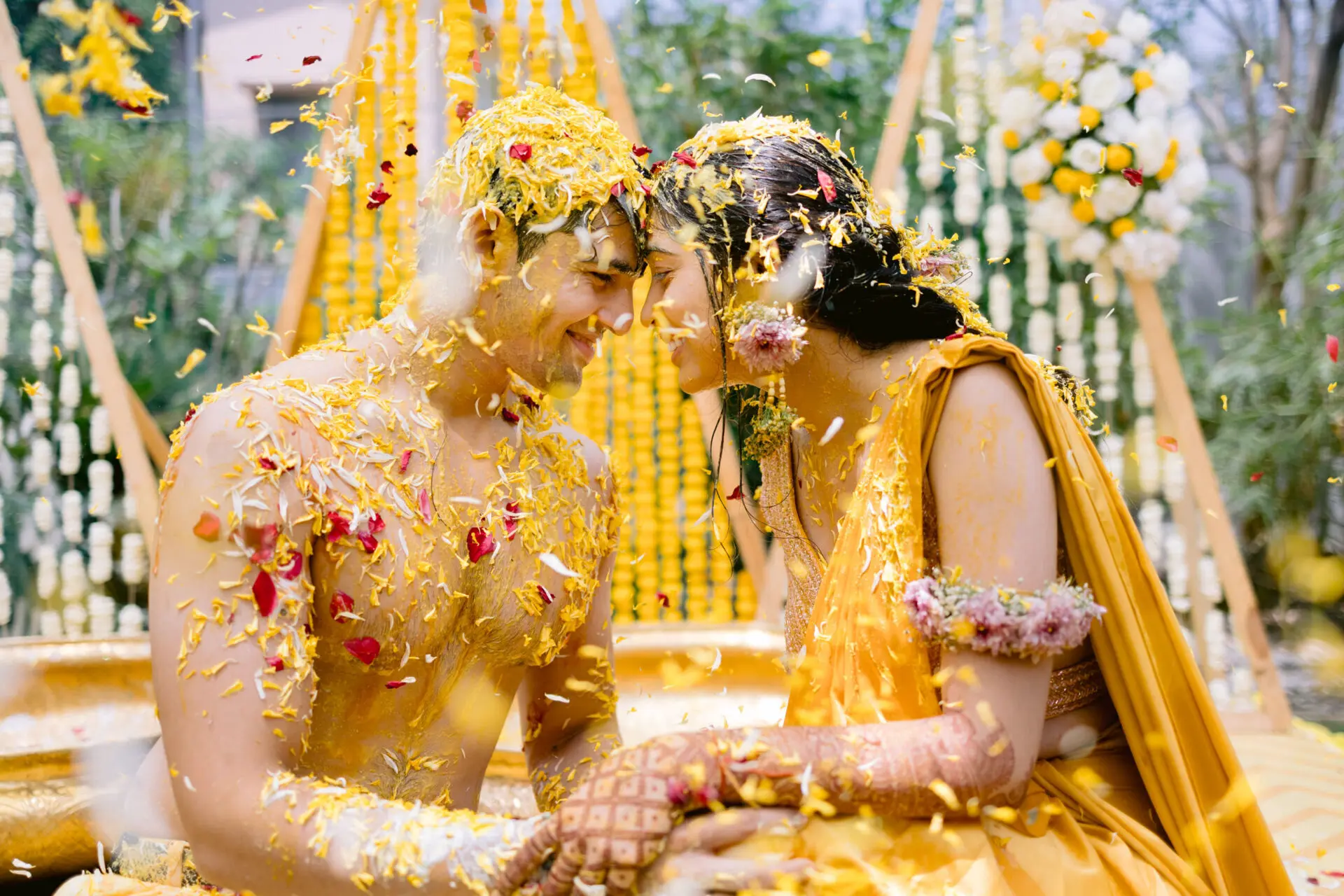
[Source: Seventy By Two]
Step 10: Managing Guests and Wedding Invitations (4 to 5 months prior to the wedding)
1. Creating the Guest list - Make your guest list easier by sorting invitations into three groups: must-invite, should-invite, and nice-to-invite. This approach will help you manage your budget and space more effectively!
2. Send out your ‘Save the Dates’ - Choose digital invites to save time and money. Make sure they match your wedding theme and include all the necessary details. Before sending formal invitations, send out 'save the dates' to help guests block their calendars. You can also set up a wedding website with additional details.
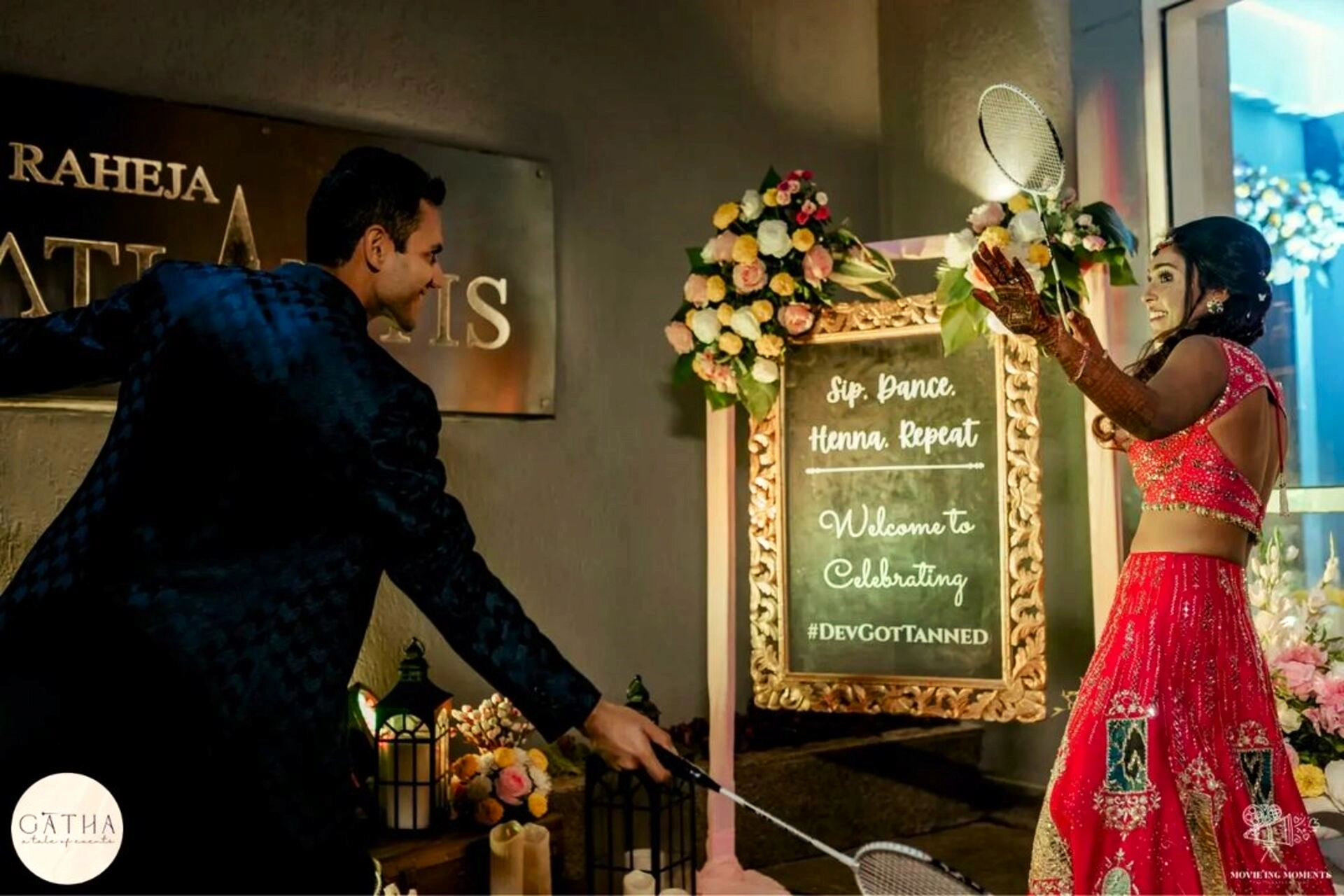
[Source: Gātha - A Tale of Events]
Step 11: Wedding Planning Essentials (3 months prior to the wedding)
1. Mehendi Artists & Jewellery - Find some awesome mehndi artists near you and check out their work. Book well in advance to secure your date and also Begin your wedding jewellery shopping by exploring both traditional and modern jewellery stores. Choose designs that beautifully complement your wedding attire.
2. Create a wedding website - Consider platforms such as Zola or Weddingwire to create a custom wedding website for sharing information with your guests.
3. Send out your formal wedding invitations - Pick a design that matches your wedding theme and Send your formal invitations 6-8 weeks before the wedding.
4. Finalize Event Menus & Schedules - Talk to caterers to create menus that suit different tastes and include traditional Indian dishes. Also, work closely with your wedding planner to make sure all ceremonies and events are well-organized and on time.
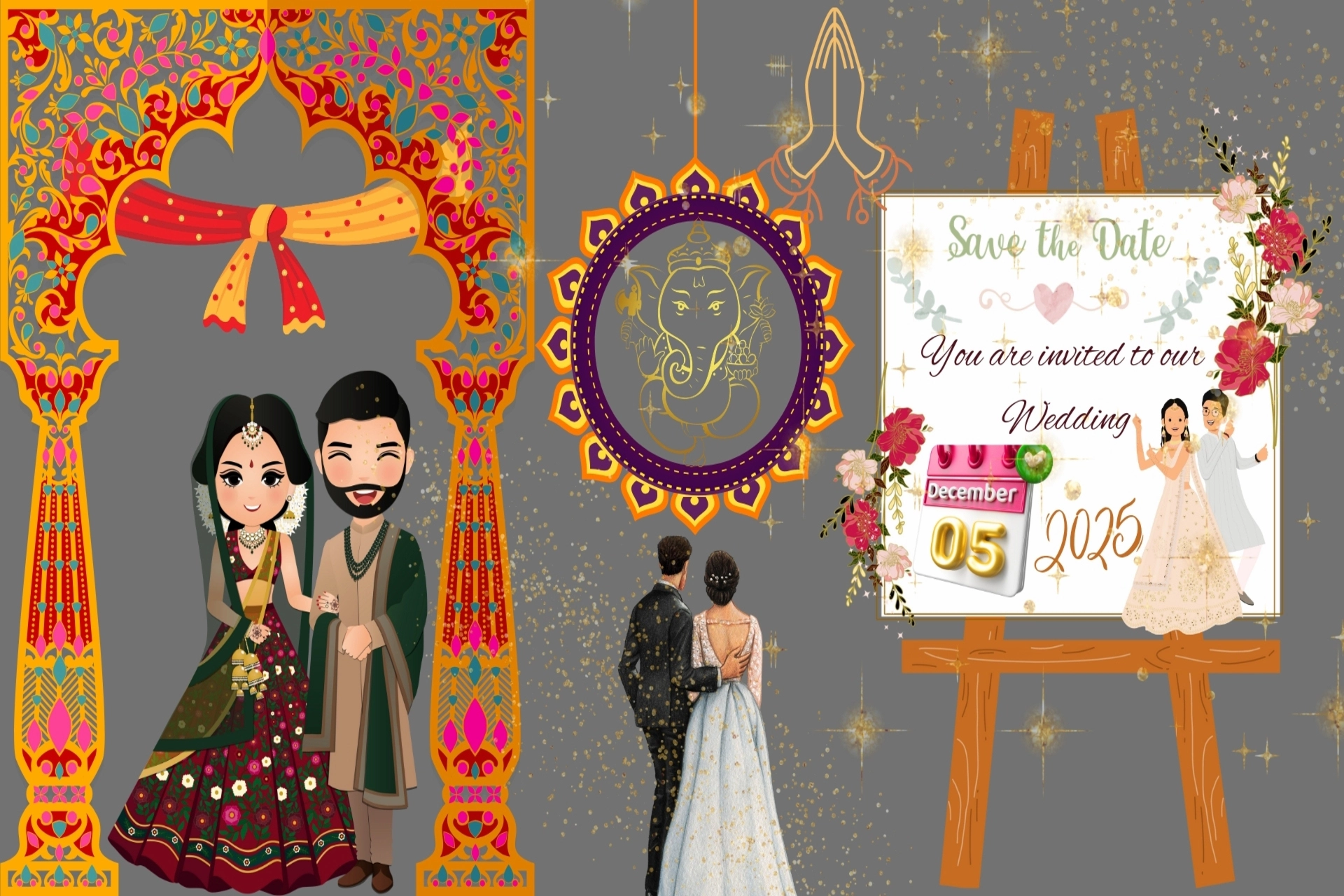
Step 12: Wedding Planning Hacks You Can't Miss! (2 months prior to the wedding)
1. Places to stay & Guest Services - Make your out-of-town guests feel at home by arranging cozy accommodations and planning thoughtful welcome kits. Work closely with hotels to secure group bookings and take care of transportation logistics to ensure a smooth experience for everyone.
2. Prep and Rehearse - Get ready by trying on your outfits and jewelry, and pack a wedding bag with all the essentials you'll need. Make sure to label everything for easy access on your big day! Rehearse the timings for each event, and think about scheduling a pre-wedding photoshoot to make sure you're thrilled with the images.
3. Curating your Wedding Playlists - Music makes an Indian wedding unforgettable! Pick tunes for big moments like the baraat, bridal entrance, and pheras. Blend traditional wedding songs with Bollywood hits you both love. Chat with your DJ or band to ensure they have your playlist and can rock it at the event!
4. Order Wedding Favors - Think about getting wedding favors that show off Indian culture, like yummy sweets such as ladoos or barfis, personalized bangles, or cute little items like tiny diyas or elephants. These treats can make your guests' experience extra special and give them a fun keepsake to remember the day!
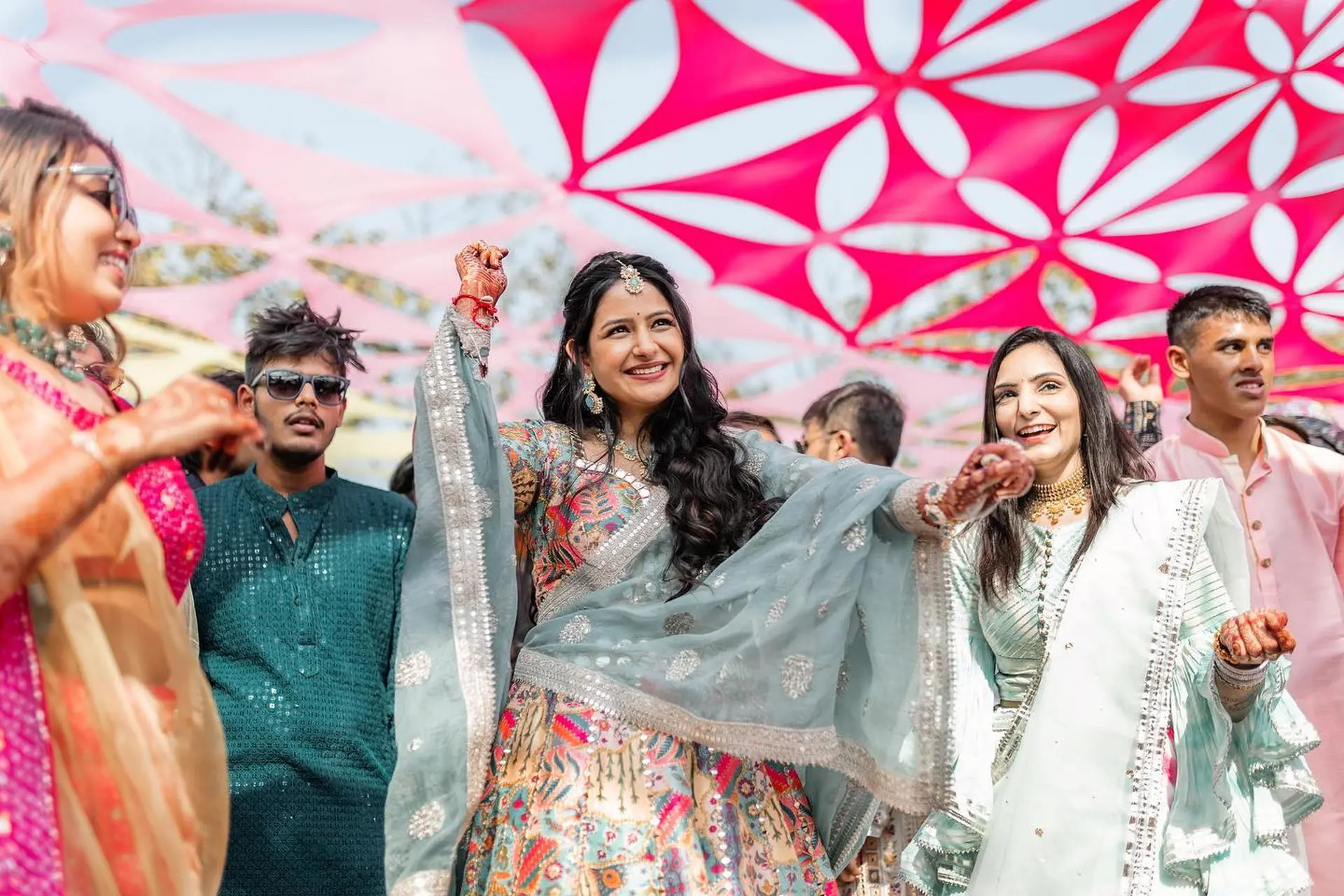
[Source: Watch Your Wedding]
Step 13: Final Wedding Preparation (1 month prior to the wedding)
1. Finalize RSVPs, Rooms & Weather Check - Confirm all your guests and see if you need more rooms or meals at the venue. If guests are staying at the wedding venue, finalize the room plan and assign rooms. Check the weather, especially for outdoor events, and ask the venue for a backup plan in case of rain.
2. Plan a meeting with your photographer & decorator - Finish your wedding theme by checking mood boards, fabrics, and props. Make a list to ensure everything is there. Share your photography ideas and favorite shots with the team. Tell them what you want for videos and photos. Confirm the time slots for shoots so you can fit them into your schedule, allowing time for couple and bridal photos.
3. Finish all your wedding shopping - Make sure your wedding shopping list is complete, covering everything from accessories to gifts for in-laws. Don’t leave tasks until the last minute, make sure your outfit fits well, and don’t make big changes to your diet or exercise routine right before the wedding.
4. Payment Tracks - If you fail to pay the deposits on time after booking a vendor, there’s a good chance they will cancel your booking. Ensure you have written contracts for all your vendors and follow these contracts to avoid any hassle.
Book a wedding cake for your engagement party or reception. Assign responsibilities to your friends or cousins. (if applicable)

[Source: The Wedding Knights]
Step 14: Stress-Free Last-minute Wedding Planning Process (1 week prior to the wedding)
To ensure a smooth wedding experience, steam your outfits and keep accessories organized. For destination weddings, pack in advance to avoid missing anything important. Have your wedding trousseau professionally packed or assisted by family, and prepare bags for post-wedding events or your honeymoon. Arrange all pending payments for vendors, keeping cash ready or assigning someone to handle transfers after the wedding. Complete self-care sessions, like waxing and manicures, at least 5-7 days before the ceremony.

[Source: Picture Visual]
Step 15: Orchestrating the Wedding Day (Few Hours prior to the wedding)
1. Pre-Ceremony Rituals - Start with traditions like Ganesh Pooja or Baraat to create a festive atmosphere. Make sure your schedule is arranged for smooth transitions between all the events.
2. Ceremony and Reception - Plan the ceremony with personal touches, detailing rituals, heartfelt vows, and special speeches. For the reception, prioritize fun entertainment, delicious dining, and opportunities for socializing with guests.
3. Handling the Unexpected - Be ready for surprises by having backup plans and a designated person to handle any unexpected issues, helping to ensure your day goes smoothly.
4. Relax and Enjoy the Best Day of Your Life - With everything checked off your list, it's time to get married. Savor every moment of your unique event, and don't sweat the small stuff. Your wedding day is a celebration of love surrounded by the people who matter most.
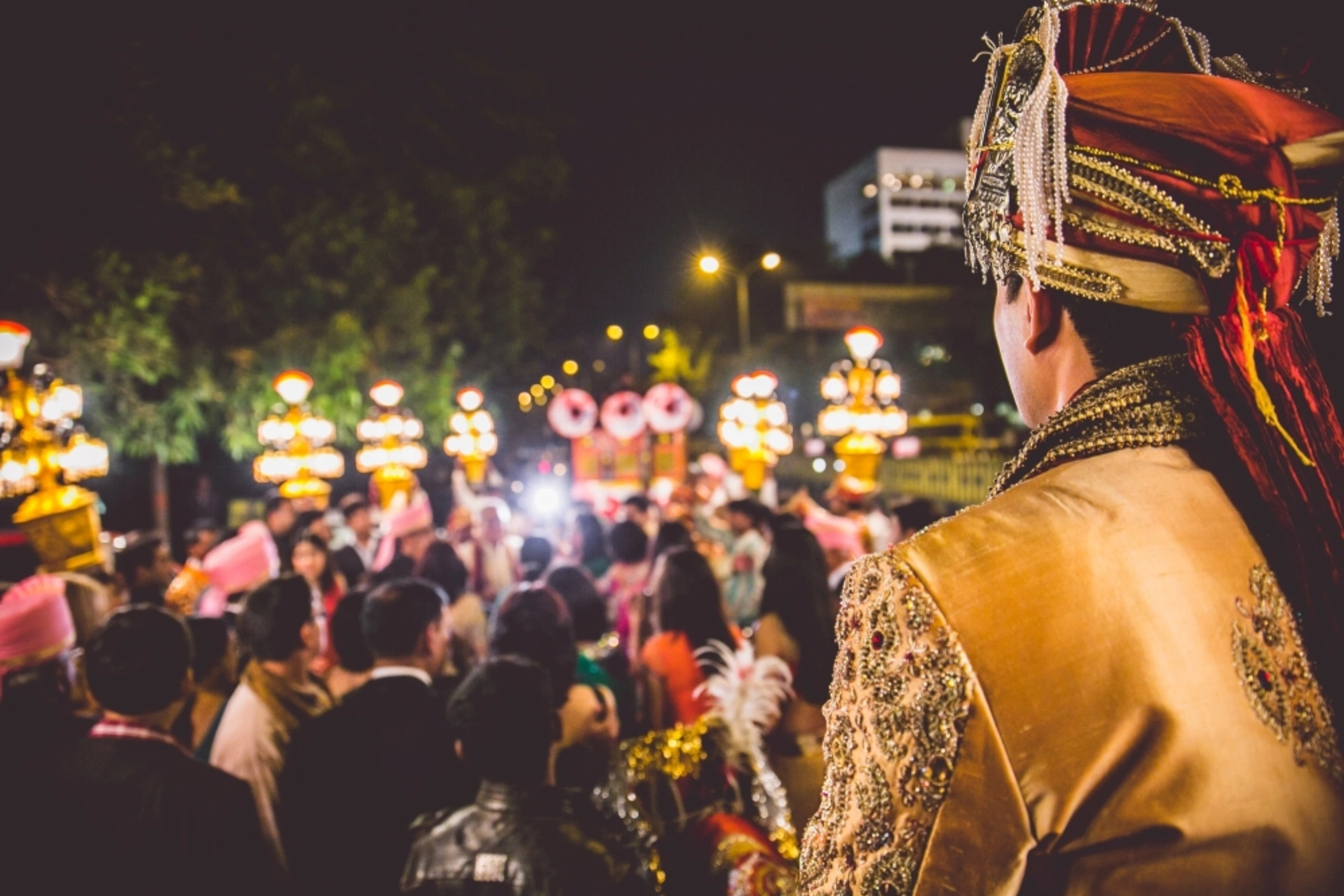
[Source: Nikhil Kapur Photography]
Step 16: Managing Post-Wedding Responsibilities
1. Thank-You Notes - Show appreciation by sending customized thank-you notes to guests and vendors, acknowledging their support.
2. Name Changes and Legalities - If applicable, fill out the required forms for name changes and update your official documents accordingly.
3. Preserving Memories - Keep your wedding attire and photos safe so you can cherish them for years to come. Think about creating albums or videos that truly capture the essence of your special day.
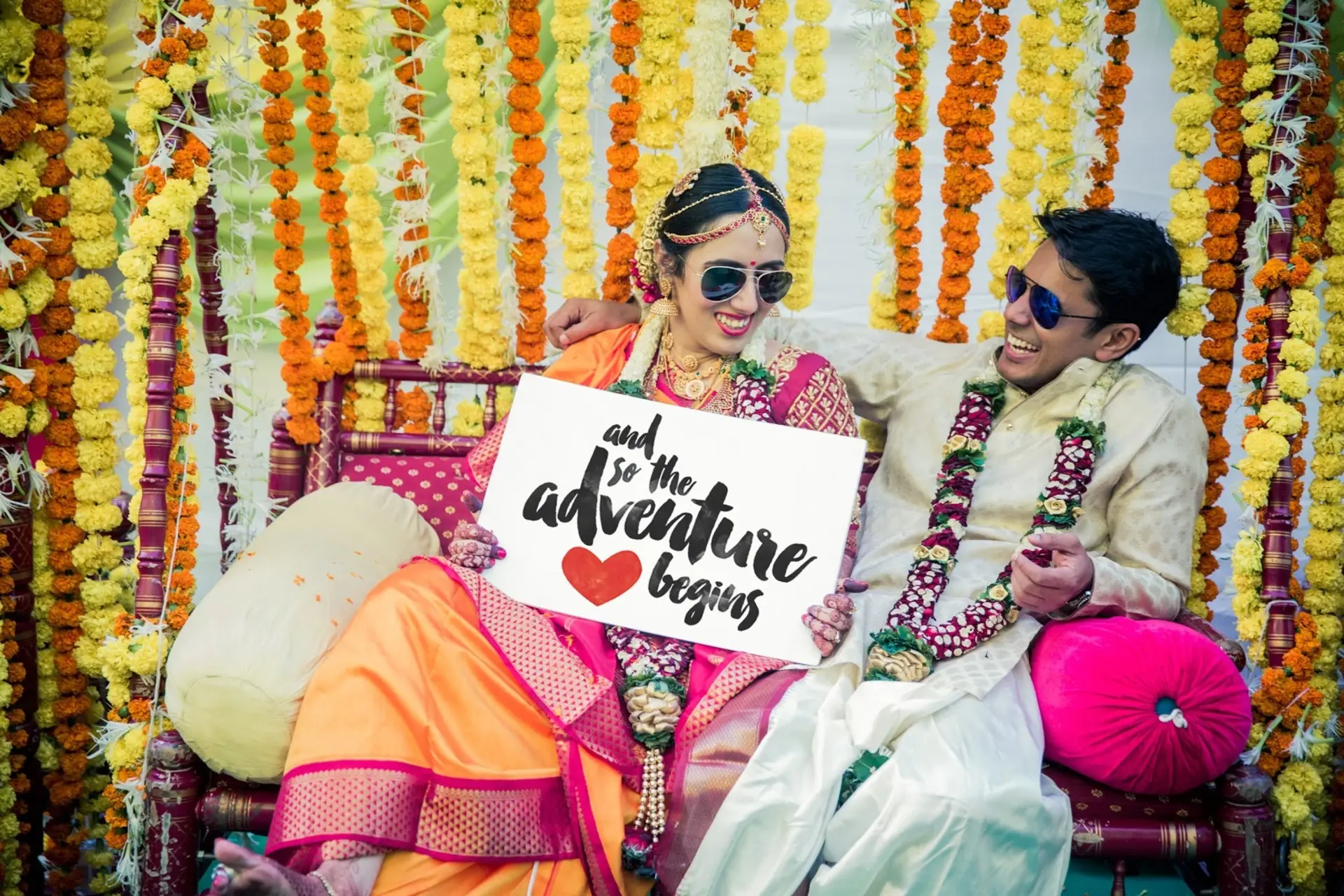
[Source: Tell-a-Tale Studios]
Unique Touch of Personalization in Indian Wedding Planning
As you float in that blissful engagement bubble, envisioning your dream Indian wedding is exciting. However, with countless ideas and choices, it can sometimes seem daunting. That's where our step-by-step guide to Indian wedding planning comes to the rescue, ensuring you and your partner can navigate this journey with ease and enjoyment.
Your wedding journey begins with answering the '4 Ws' - What, Where, When, Who? Determine the essence of your dream wedding, the number of events and their schedule, the ideal location, the season that resonates with you, and your guest list. Collaboration with your parents on this significant occasion ensures that everyone's aspirations are harmonized. Sending 'save the dates' and crafting wedding invitations in line with your theme helps guests prepare for your big day. You can create a wedding website to provide your guests with essential information. The excitement peaks as you explore creative decor ideas, personalizing every detail of your wedding, from floral arrangements to table settings. Infuse your personality into all aspects, including food choices and lighting, making your wedding unique.
Thorough preparation and rehearsals are pivotal. Ensure your outfits are comfortable and your essentials are organized. Timings are critical, and a pre-wedding photoshoot allows you to perfect the images that will forever encapsulate your special day. As you approach your wedding day, remember to relax and cherish every moment. Small hiccups are a part of every wedding, but the love and joy surrounding you will make your day truly magical. The Indian wedding planning journey is undoubtedly one of the most thrilling chapters in your life. At Eternal Weddingz, we are here to make your dreams a reality, listening to your vision and transforming it into an unforgettable event.
We invite you to explore our portfolio for inspiration or contact us to discover more about our Indian wedding planning services. Your dream Indian wedding is just around the corner, and we are excited to help you bring it to life.
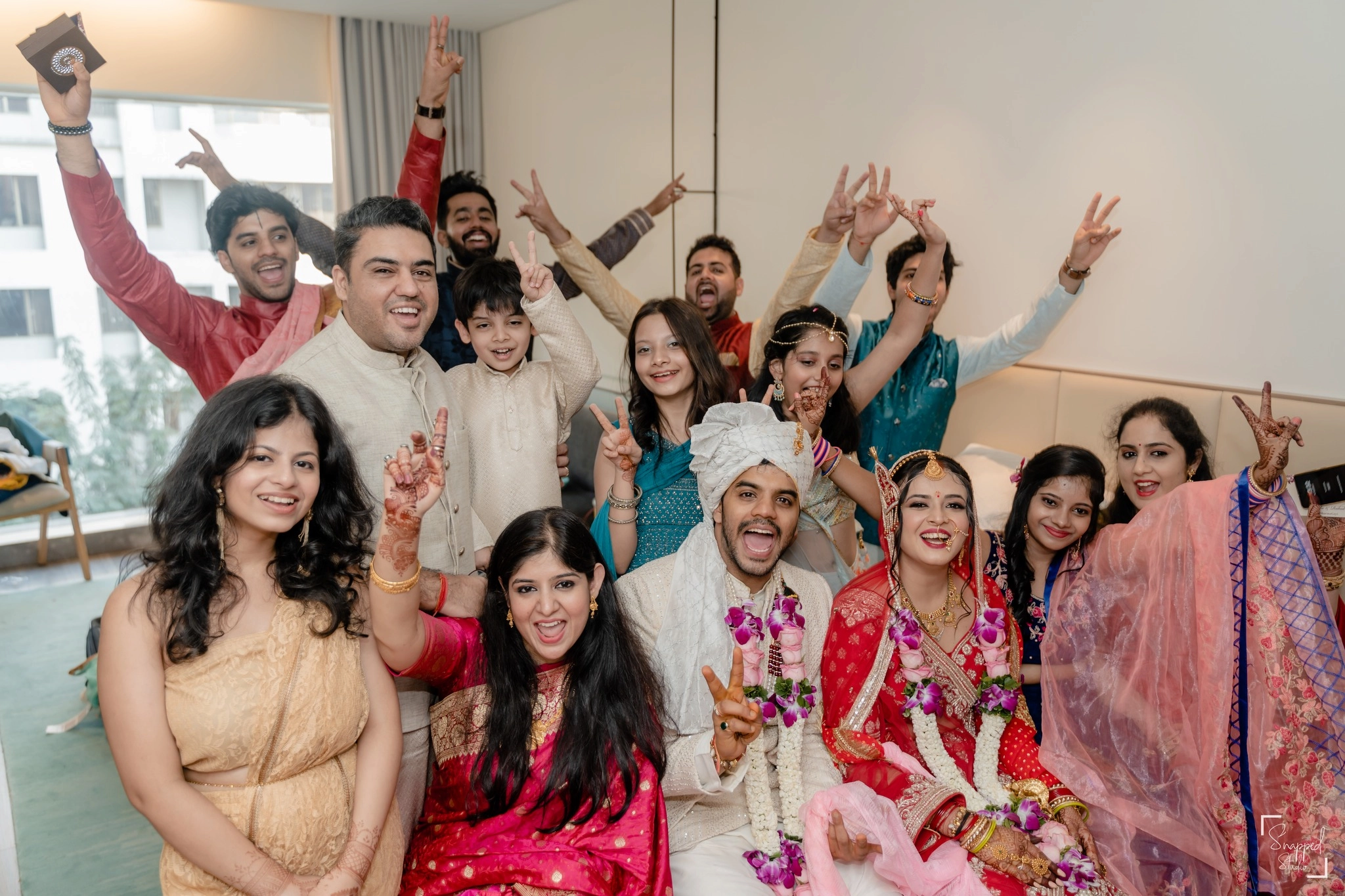
[Source: Trunnk In Love]
Bonus Tips for planning an Indian wedding across different cultures
Remember, each ethnicity has unique customs and traditions.
North Indian Weddings
1. Punjabi Weddings - Punjabi weddings are all about vibrant celebrations, featuring the groom's Baraat and lively Bhangra dance!
2. Hindu Weddings - Let's highlight the traditional rituals of Haldi and Sangeet—they're such a beautiful part of the celebration!
3. Rajasthani Weddings - Highlight royal traditions, beautiful decor, and catchy folk music.
South Indian Weddings
1. Tamil Weddings - Include traditions like the Kashi Yatra and the Oonjal ceremony for a personal touch!
2. Telugu Weddings - Showcase your culture with traditional attire, jewelry, and folk music!
3. Kannada Weddings - Focus on simplicity, elegance, and togetherness.
East Indian Weddings
1. Bengali Weddings - Famous for lively parades, Sanskrit songs, and delicious traditional sweets!
2. Assamese Weddings - Showcase traditional outfits, Bihu dance, and folk music!
3. Oriya Weddings - Focus on simplicity, elegance, and the joy of family blessings.
West Indian Weddings
1. Gujarati Weddings - Add in some fun with traditional customs like Garba and Dandiya Raas!
2. Marathi Weddings - Showcase local clothing, folk tunes, and meaningful traditions.
3. Konkani Weddings - Focus on family togetherness, keeping things simple and elegant.
Other Ethnicities
1. Sikh Weddings - Focused on the Anand Karaj ceremony, celebrating equality and unity.
2. Muslim Weddings - Focus on the Nikah ceremony, simplicity, and modesty.
3. Christian Weddings - Add in Bible readings, personal vows, and special moments together.
4. Jain Weddings - Focus on Ahimsa, keep it simple, and show compassion!
5. Buddhist Weddings - Embrace Buddhist teachings and wisdom with peaceful celebrations.
Inter-Ethnic Weddings
1. Mix traditions and customs.
2. Focus on love and togetherness.
3. Embrace diversity!
